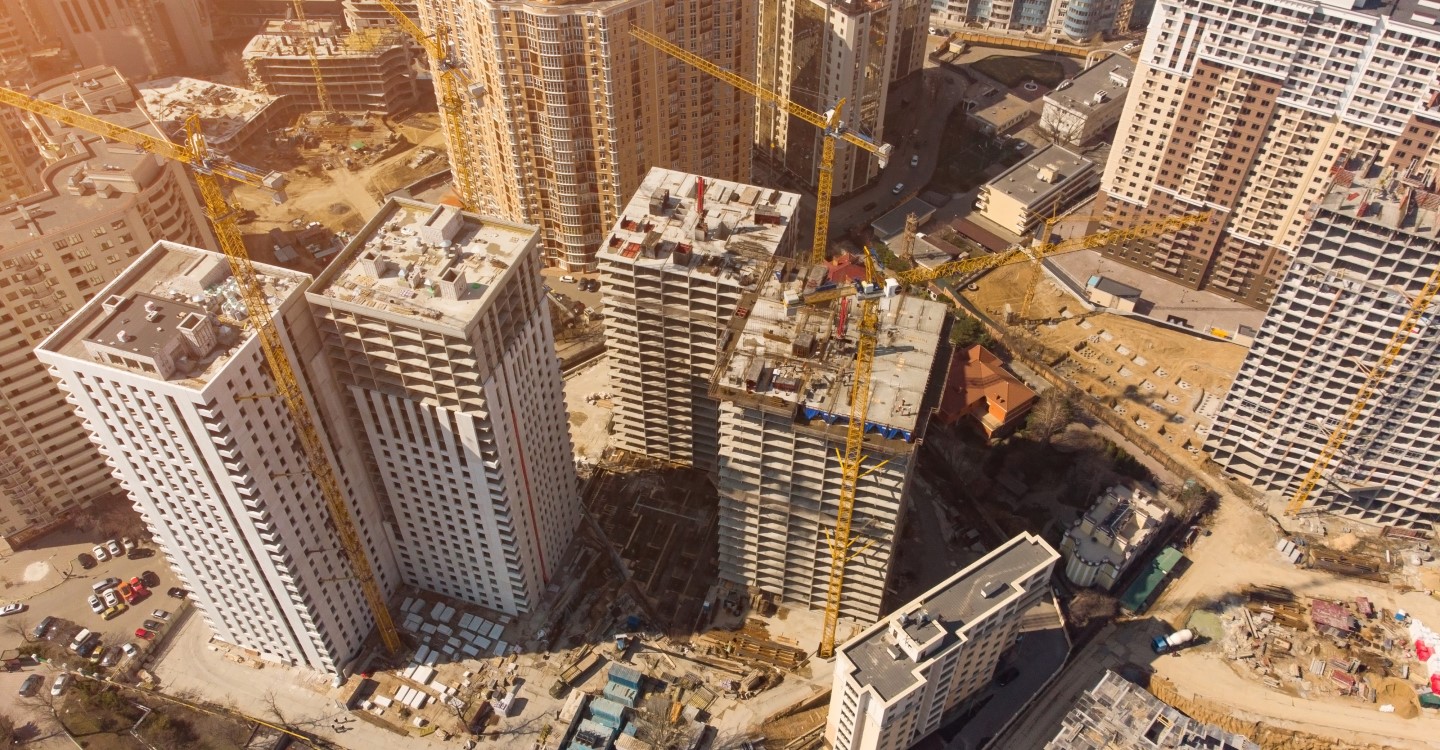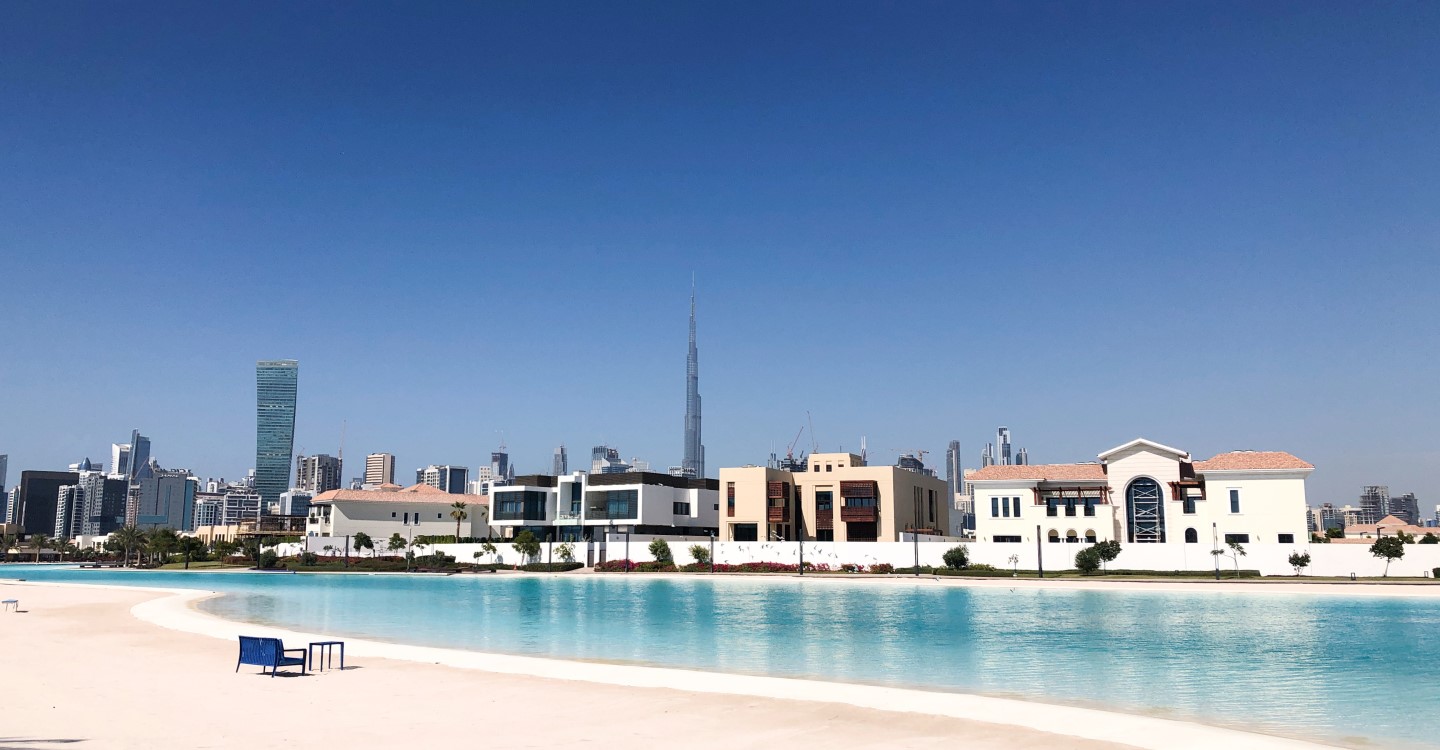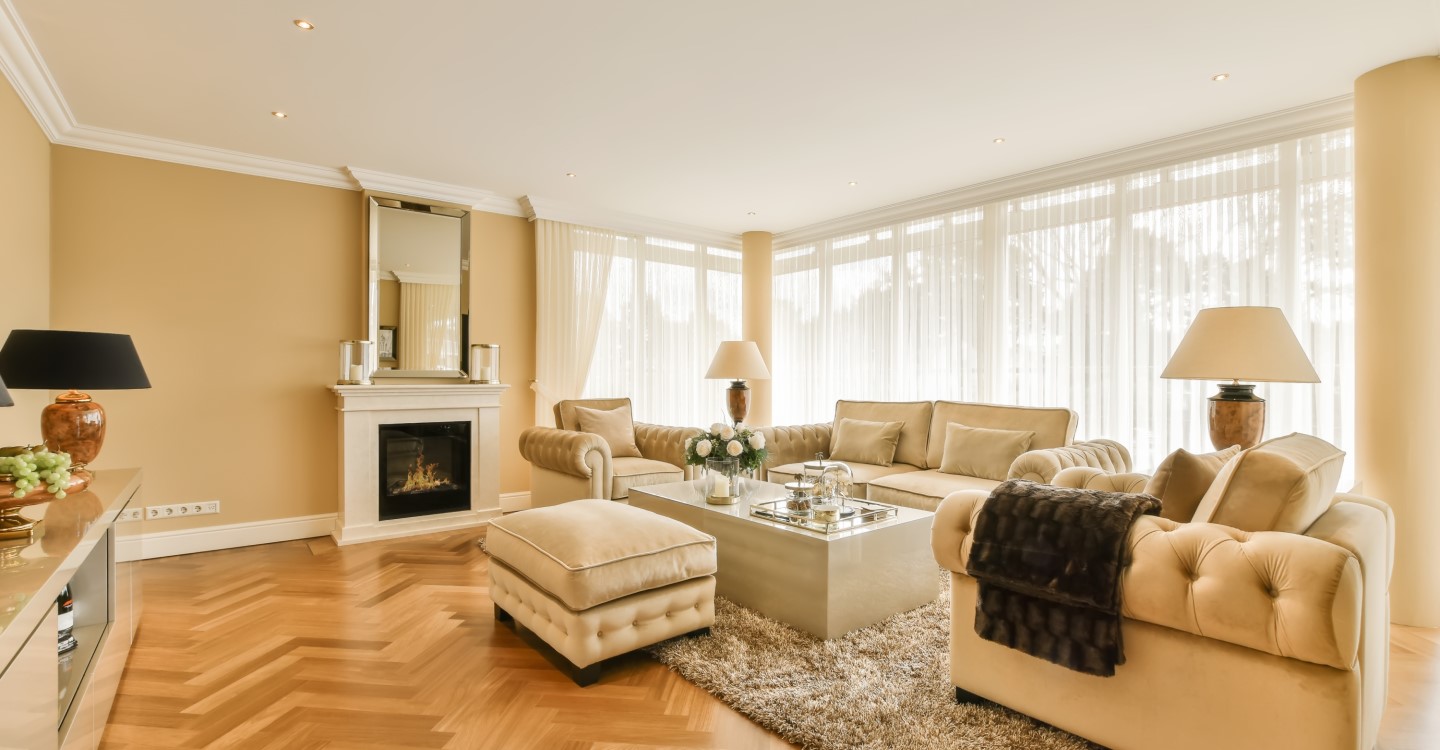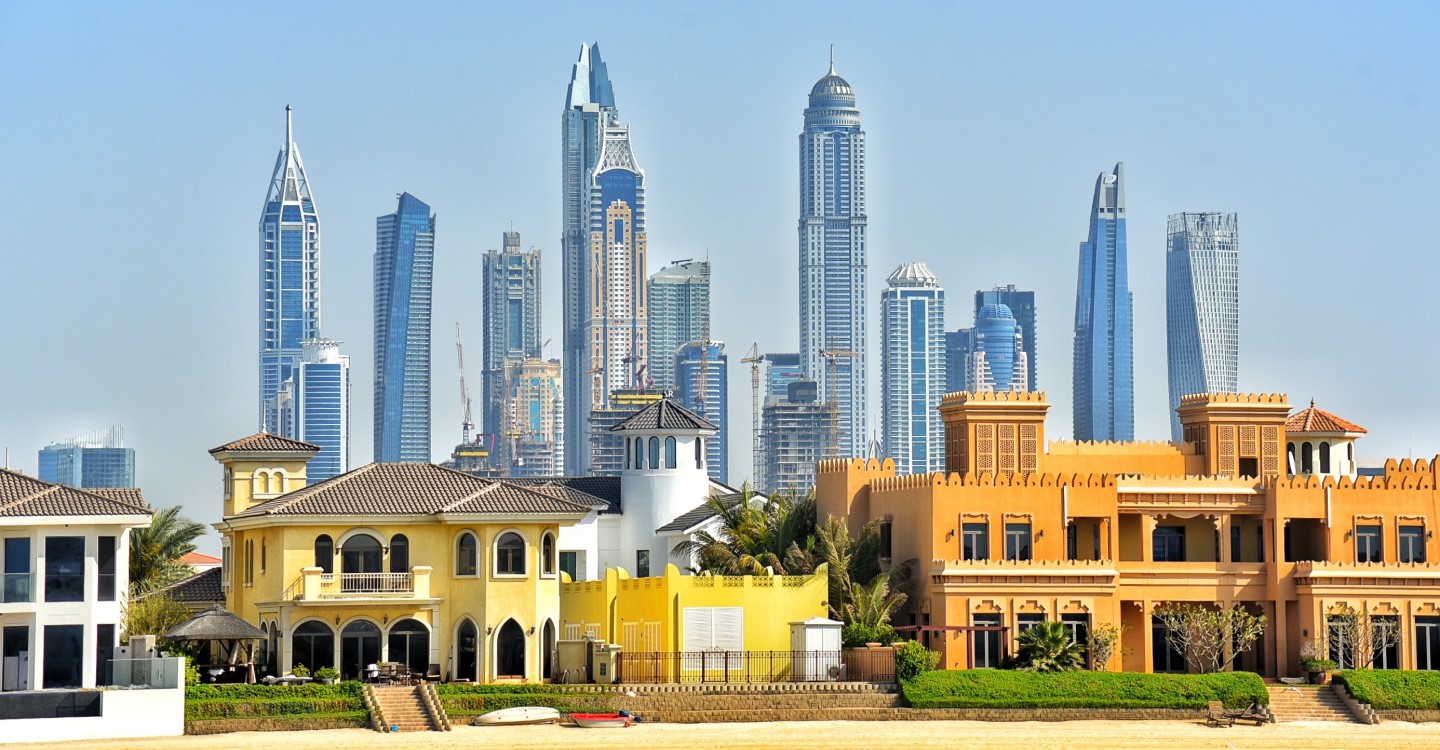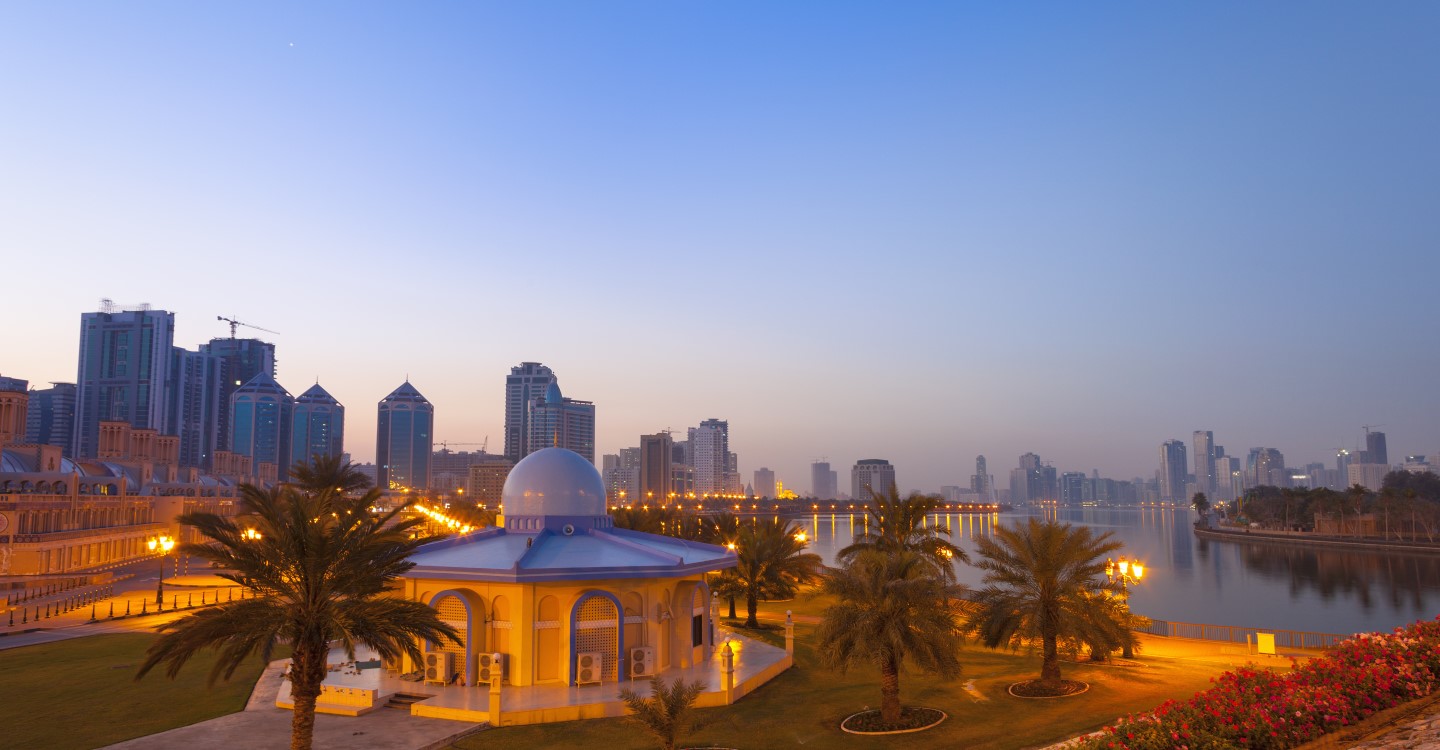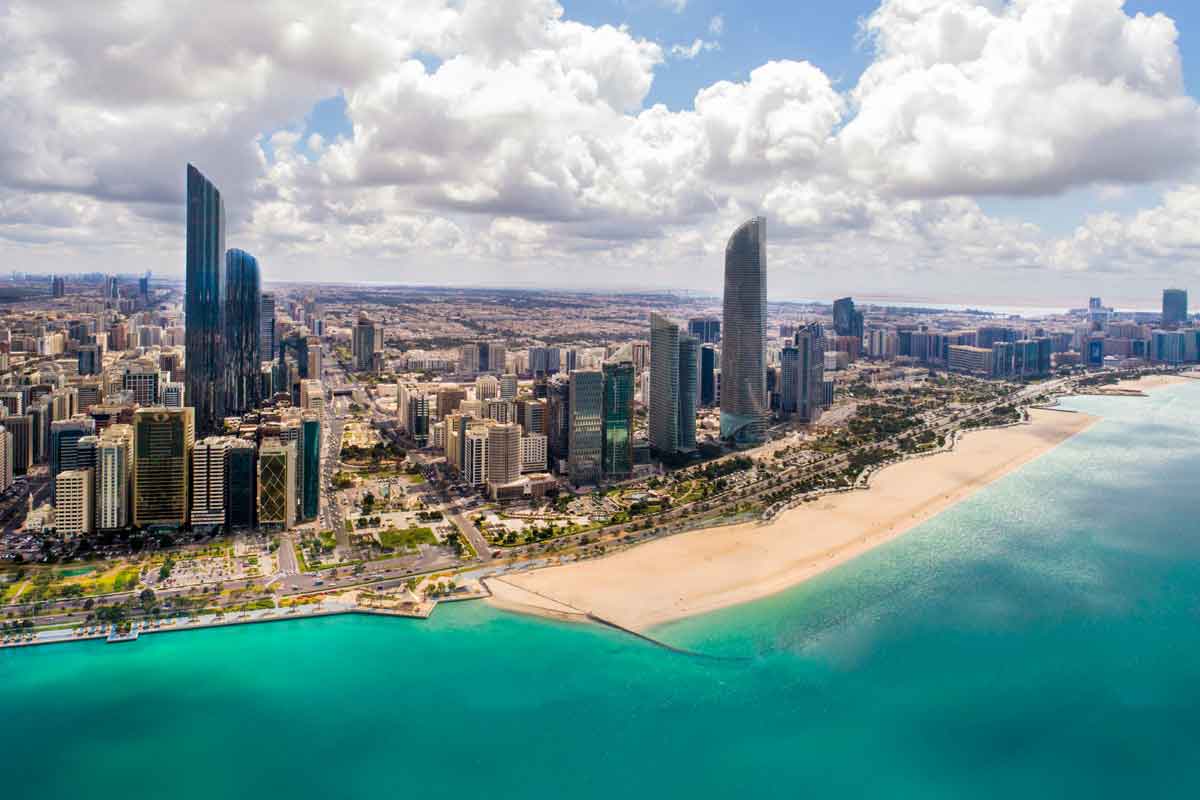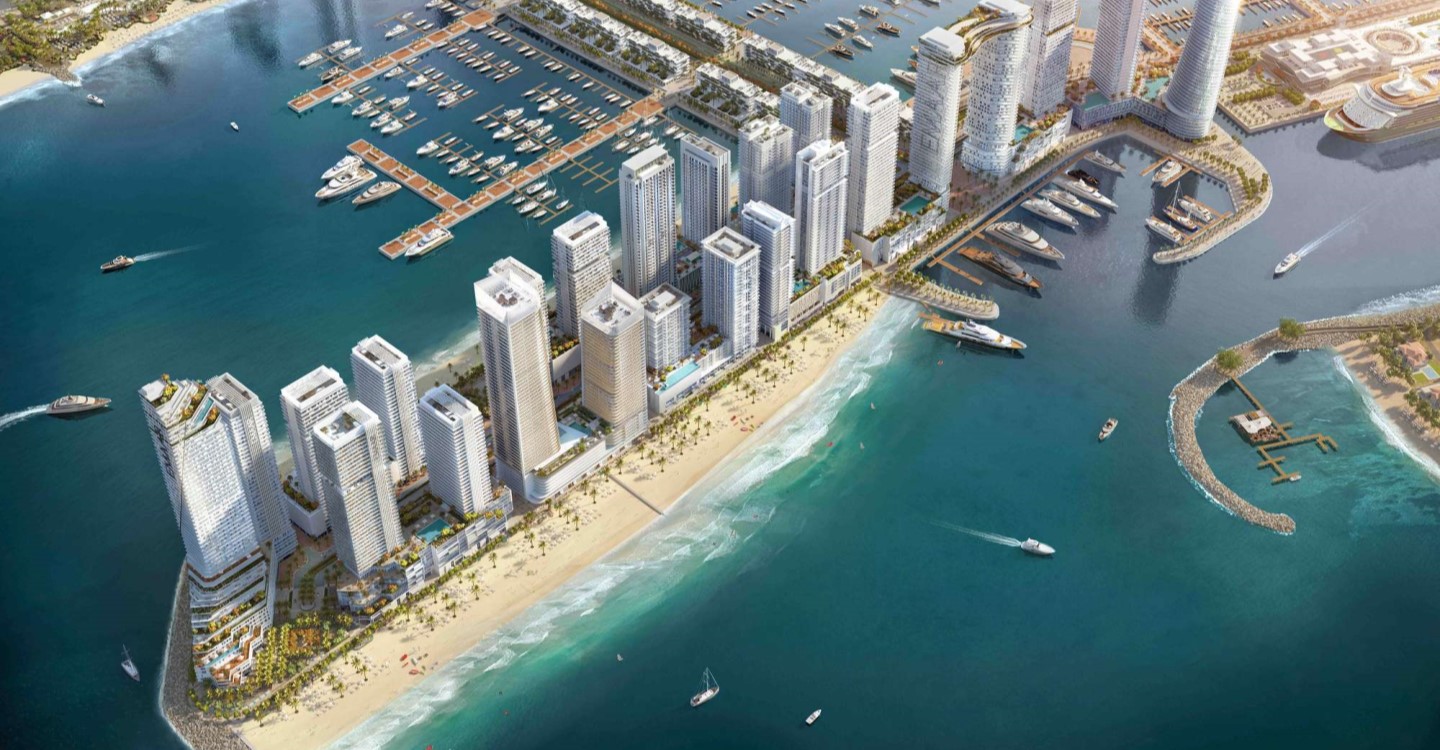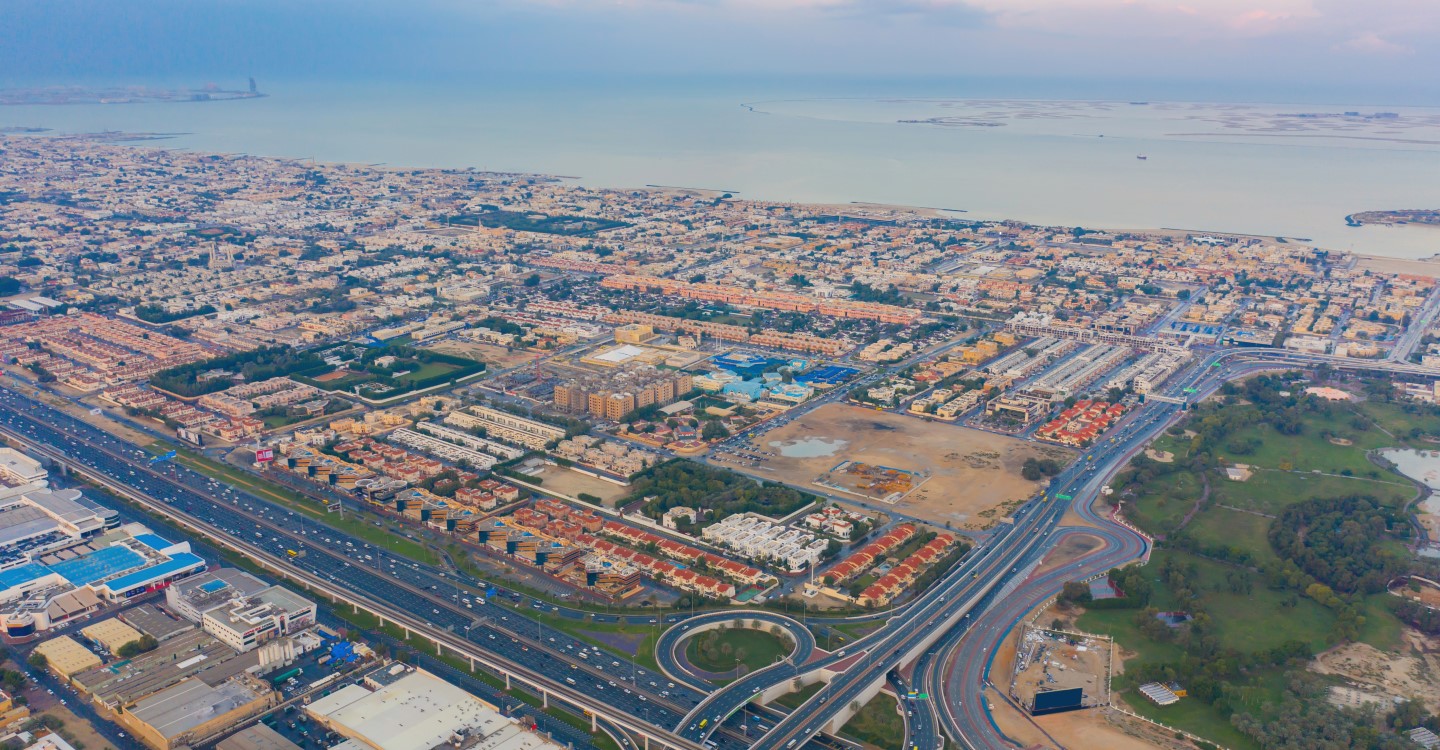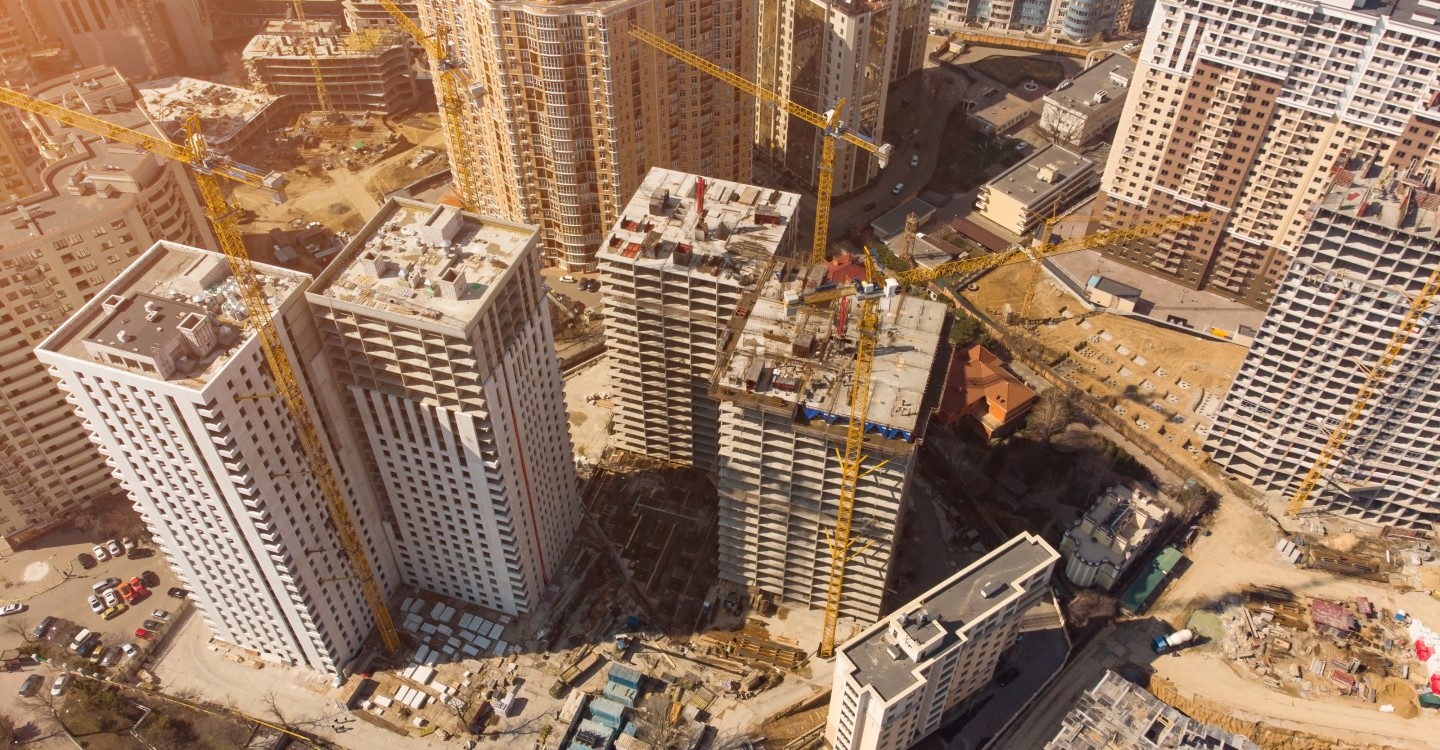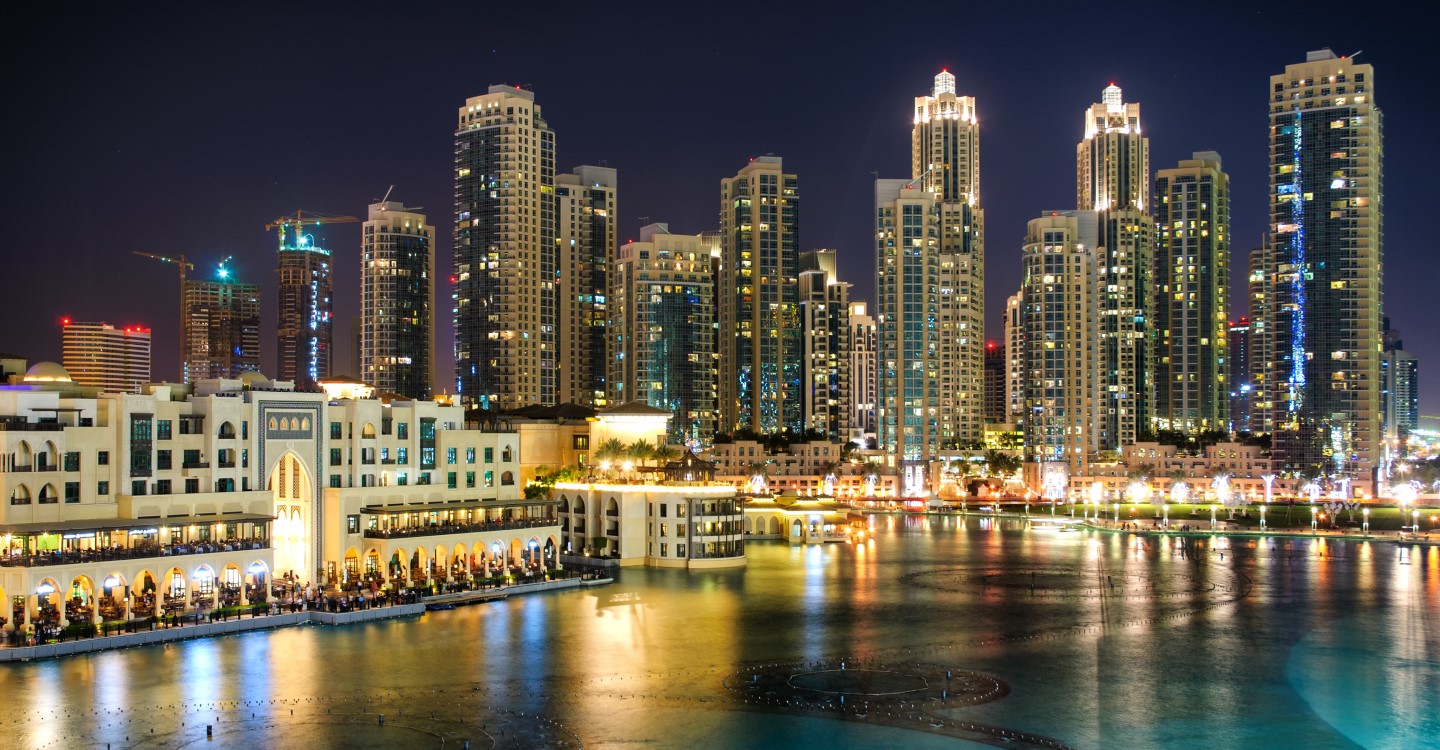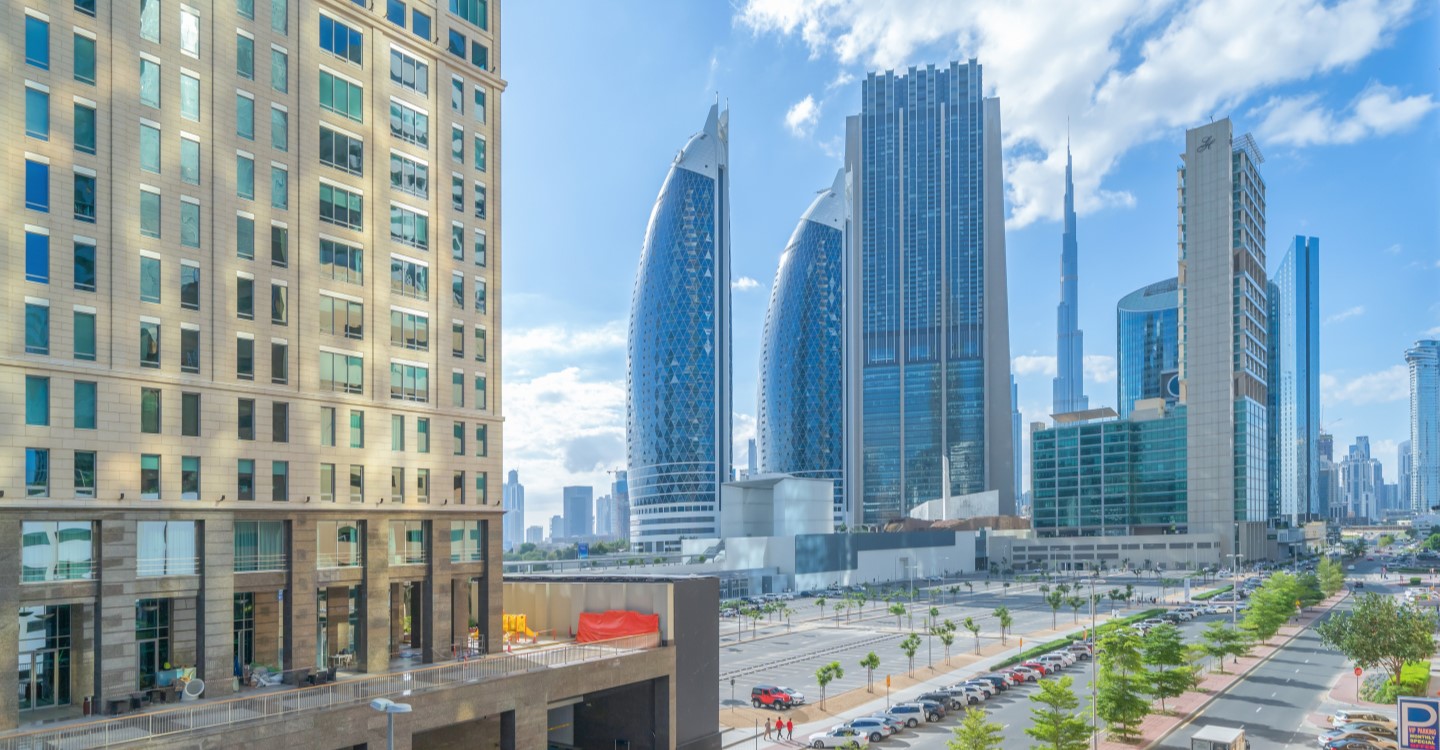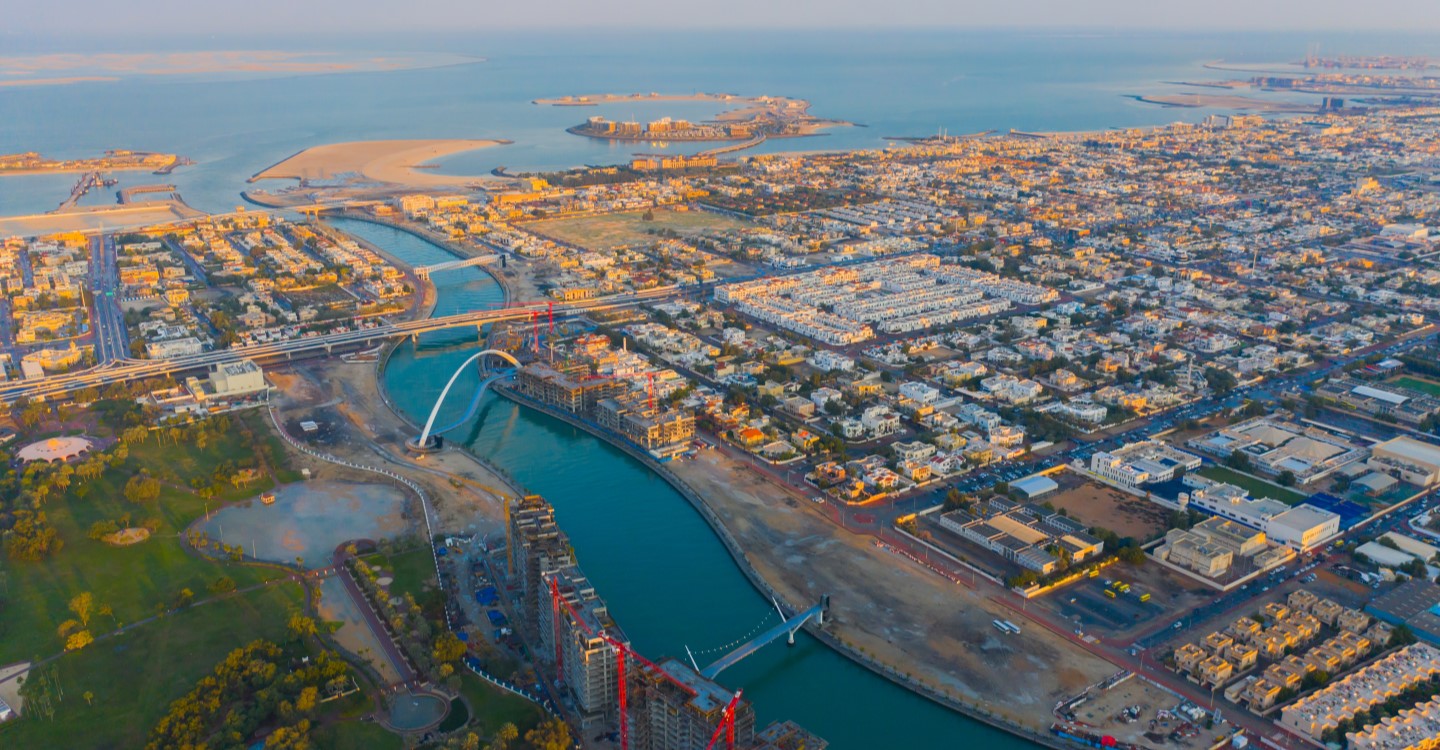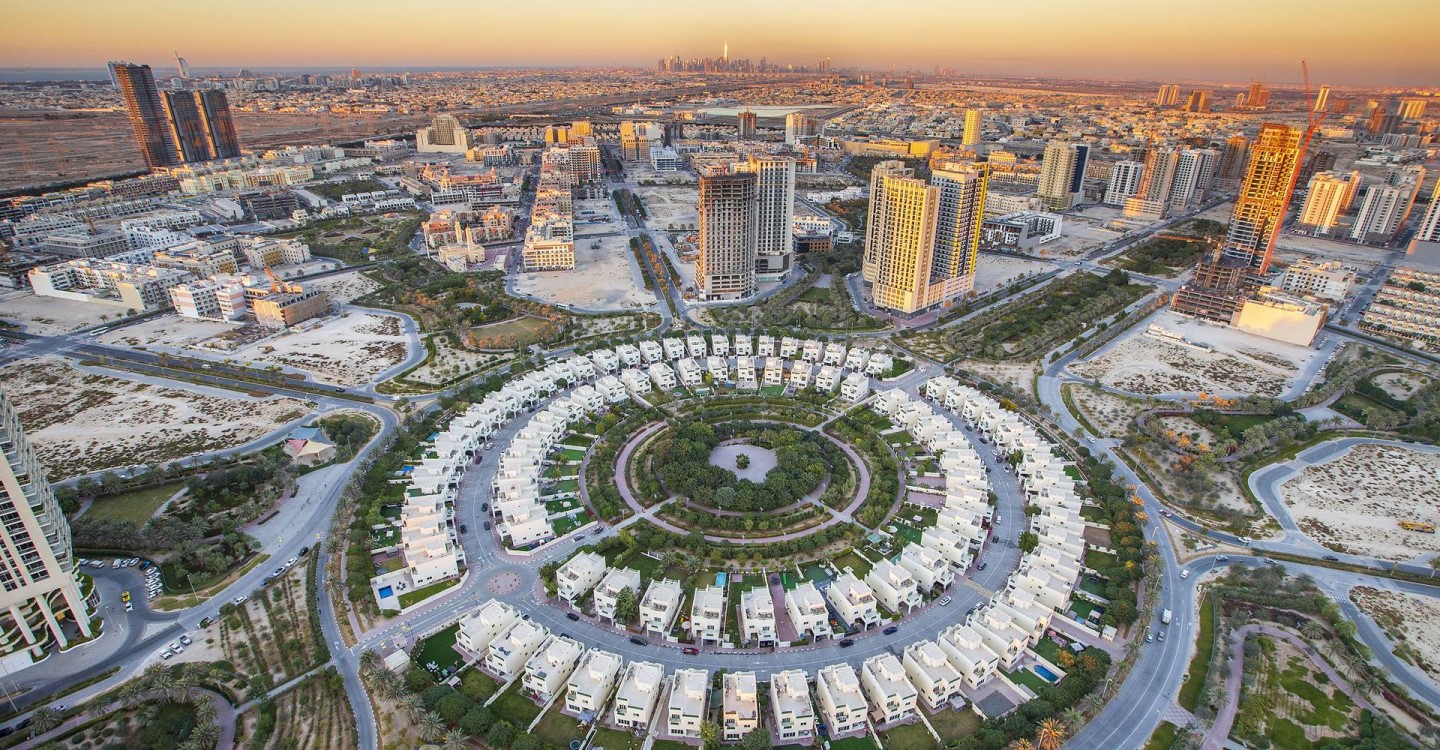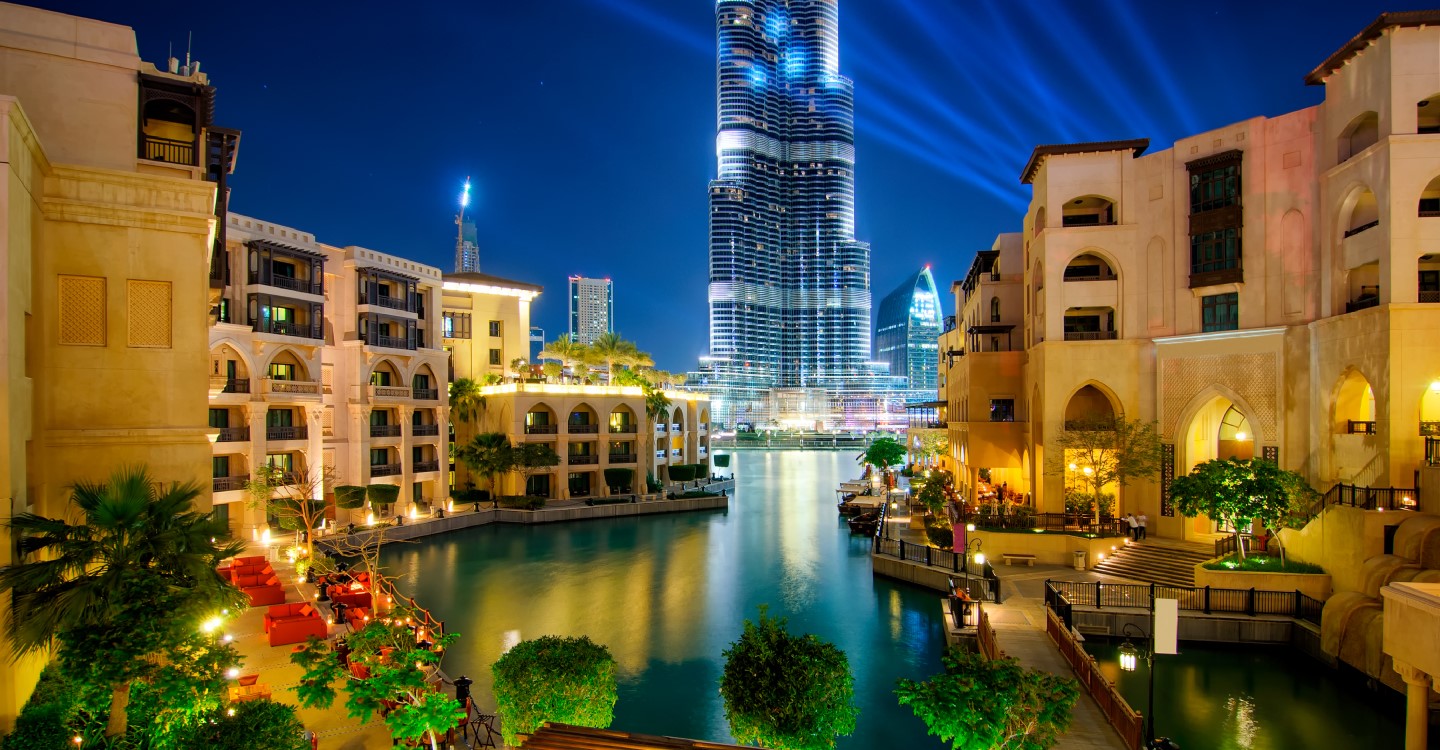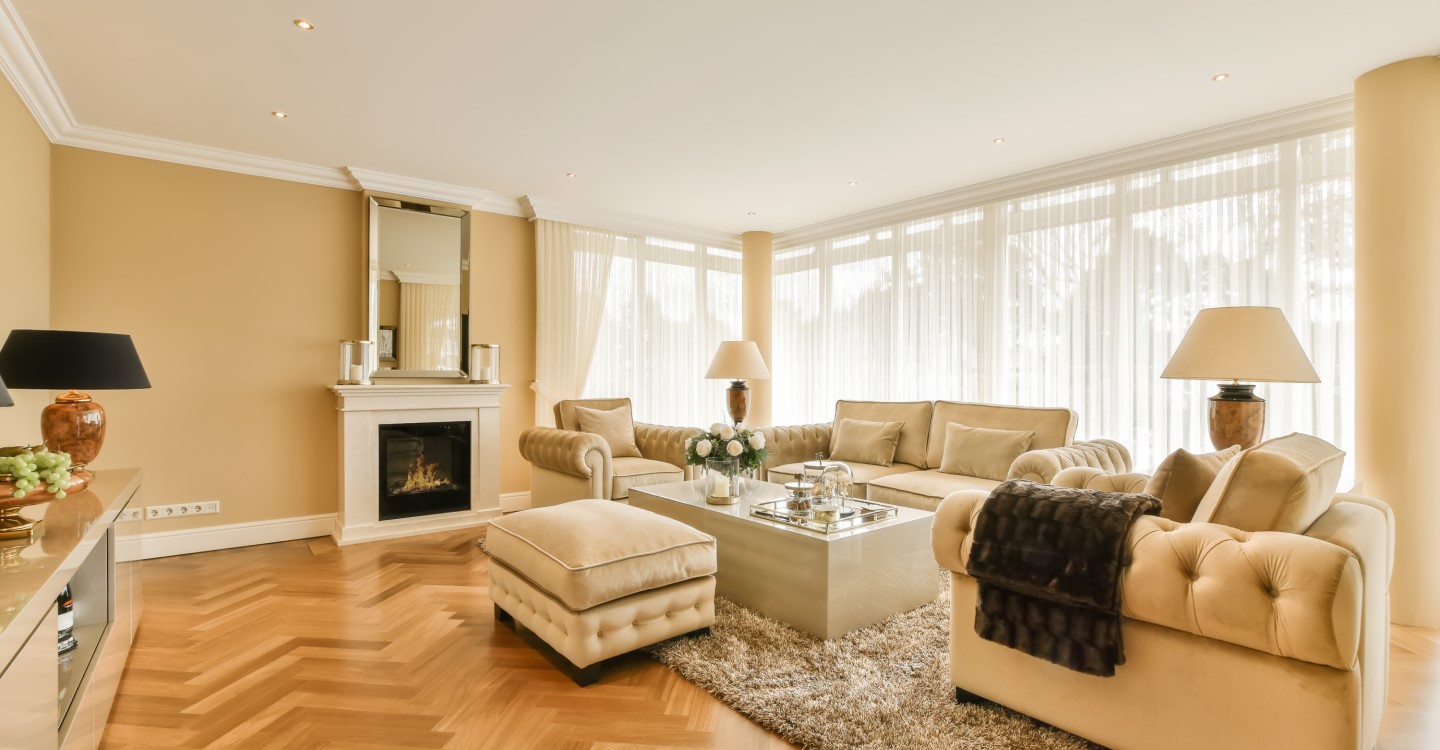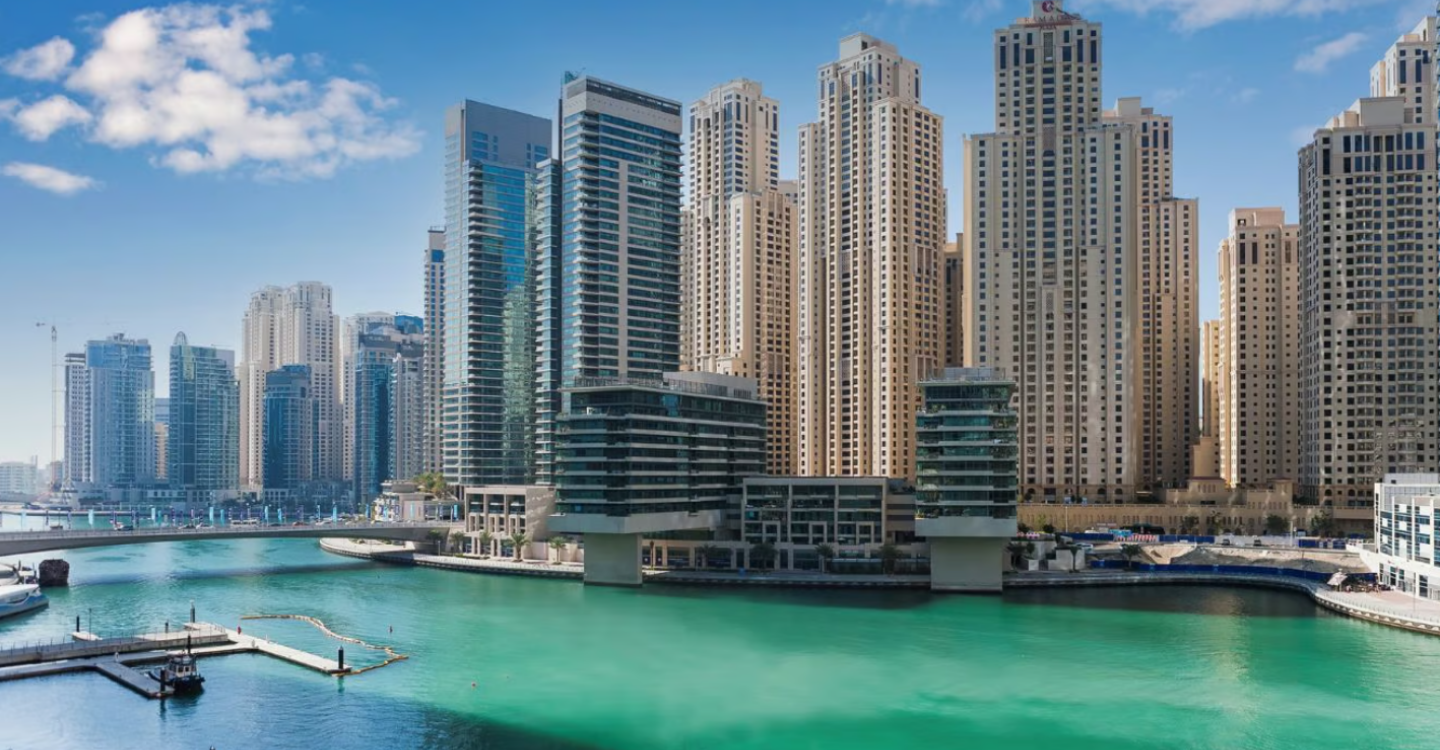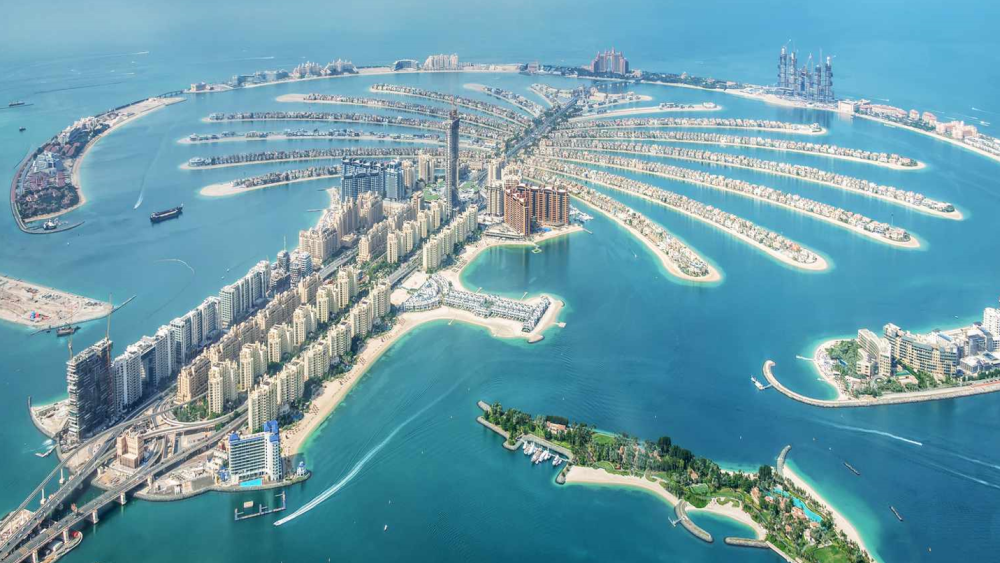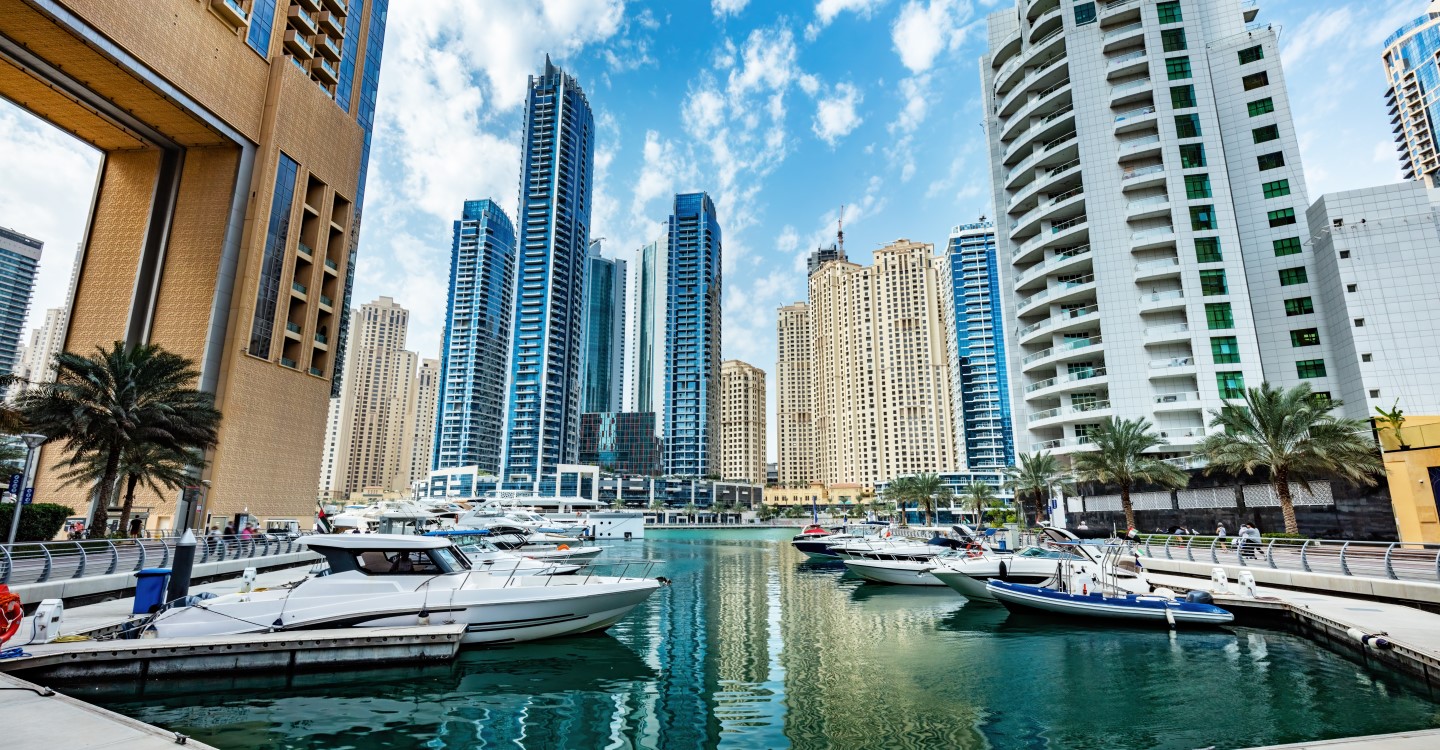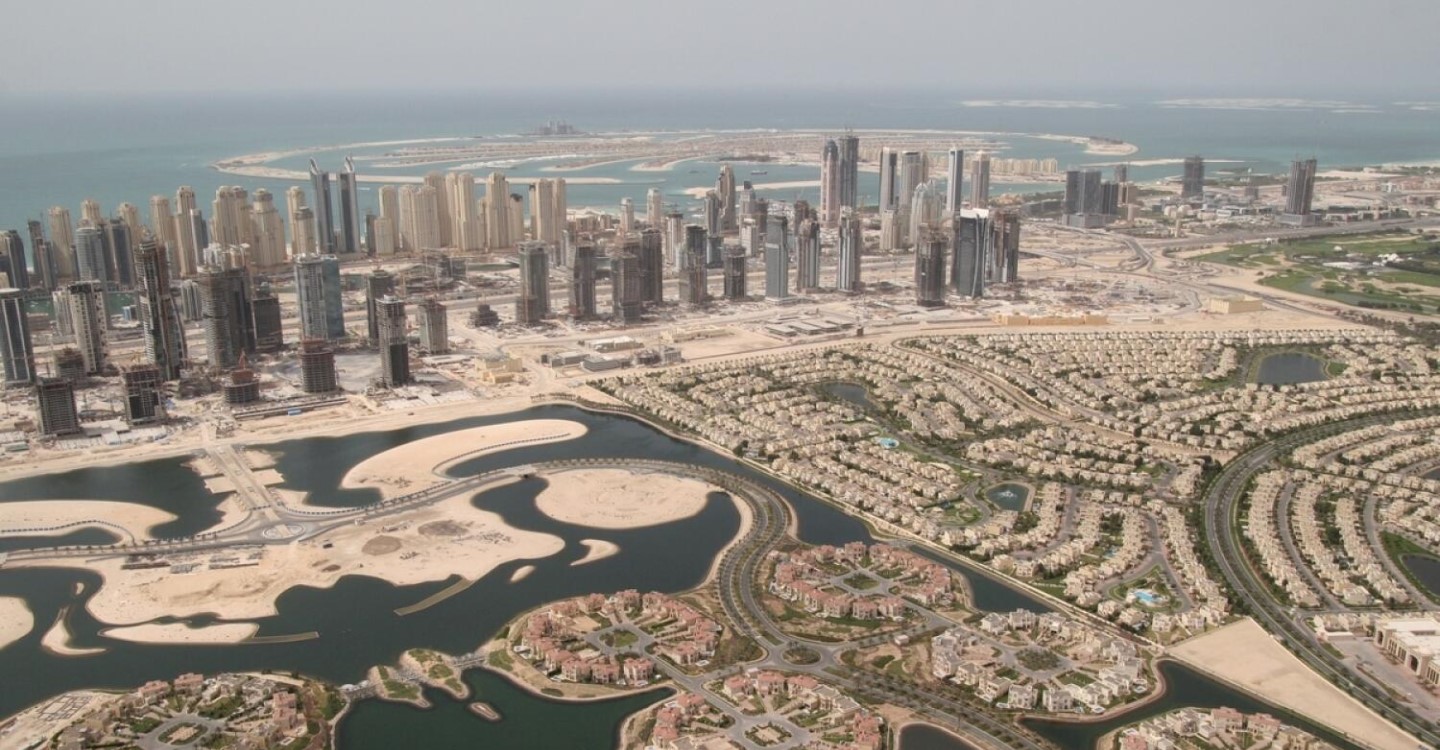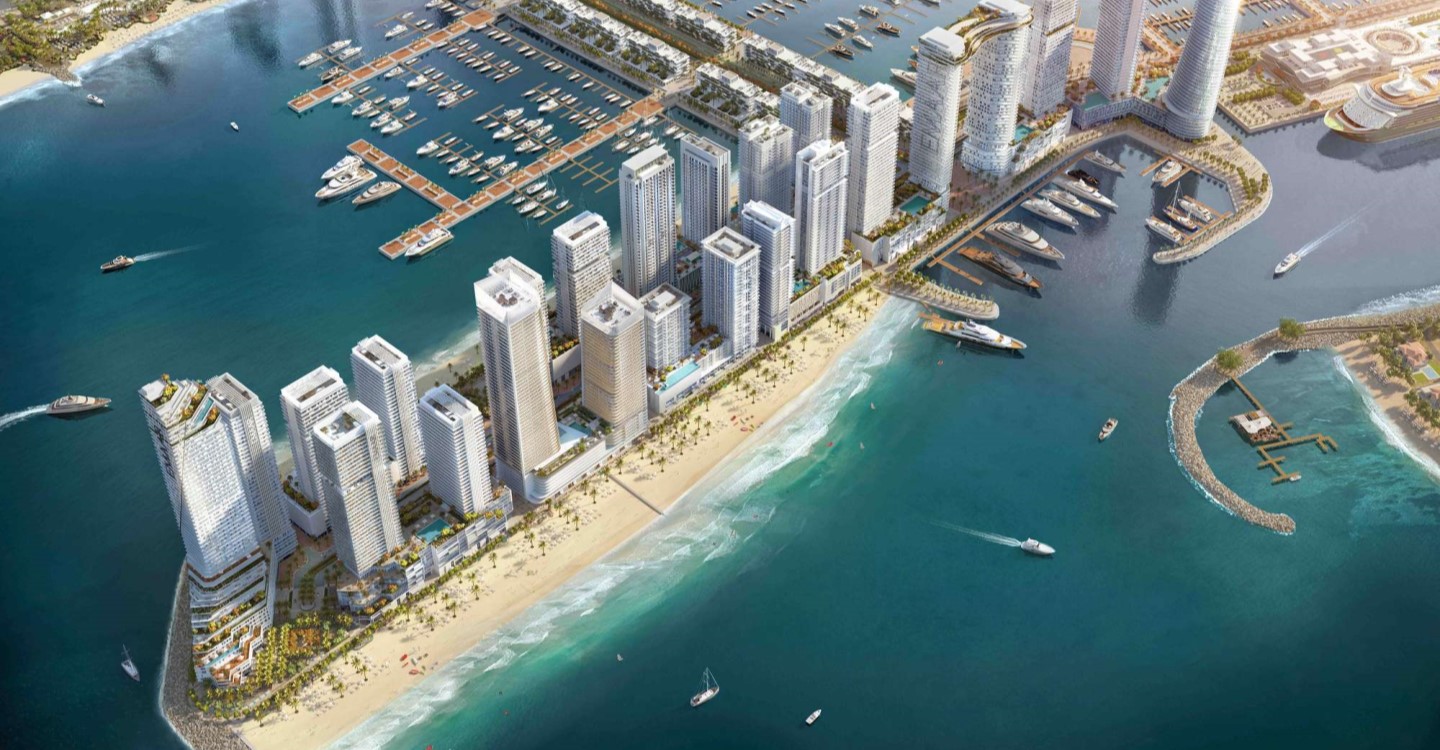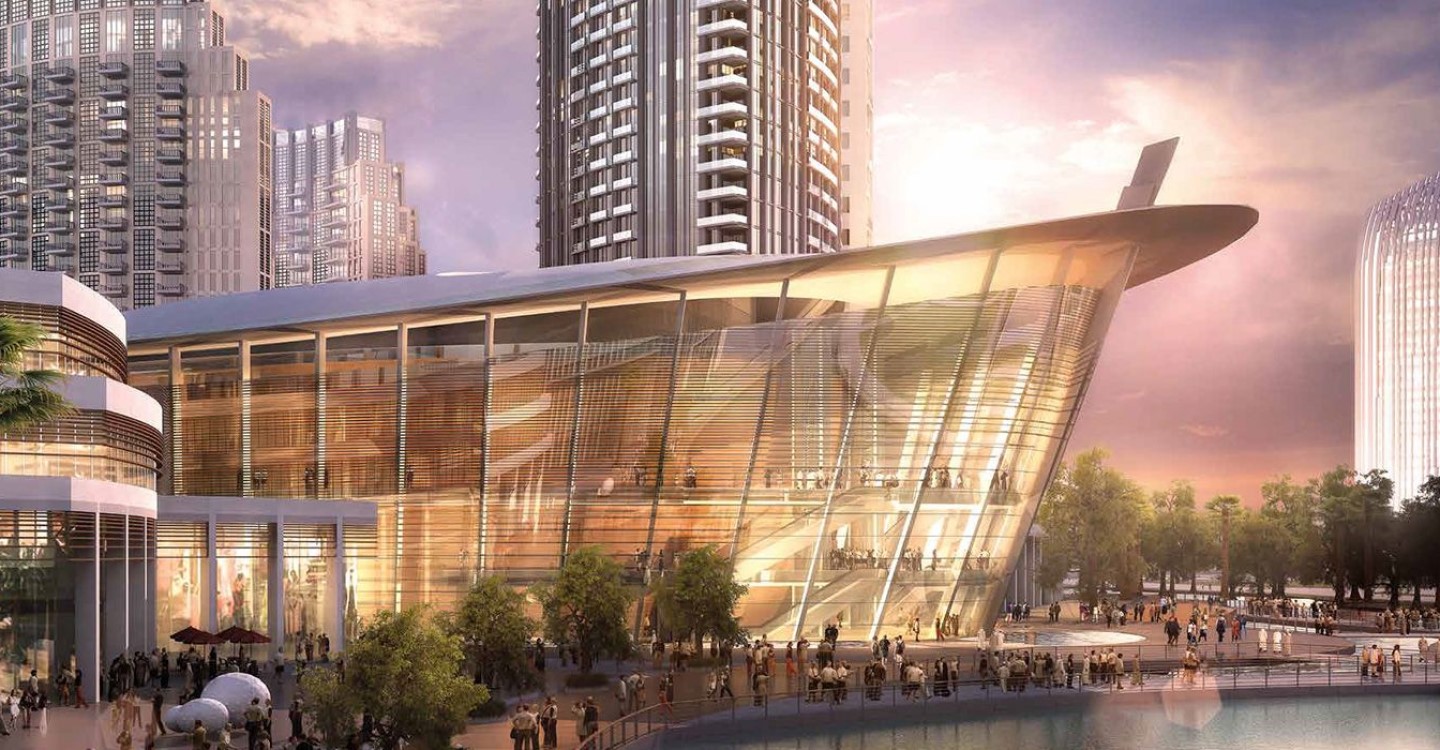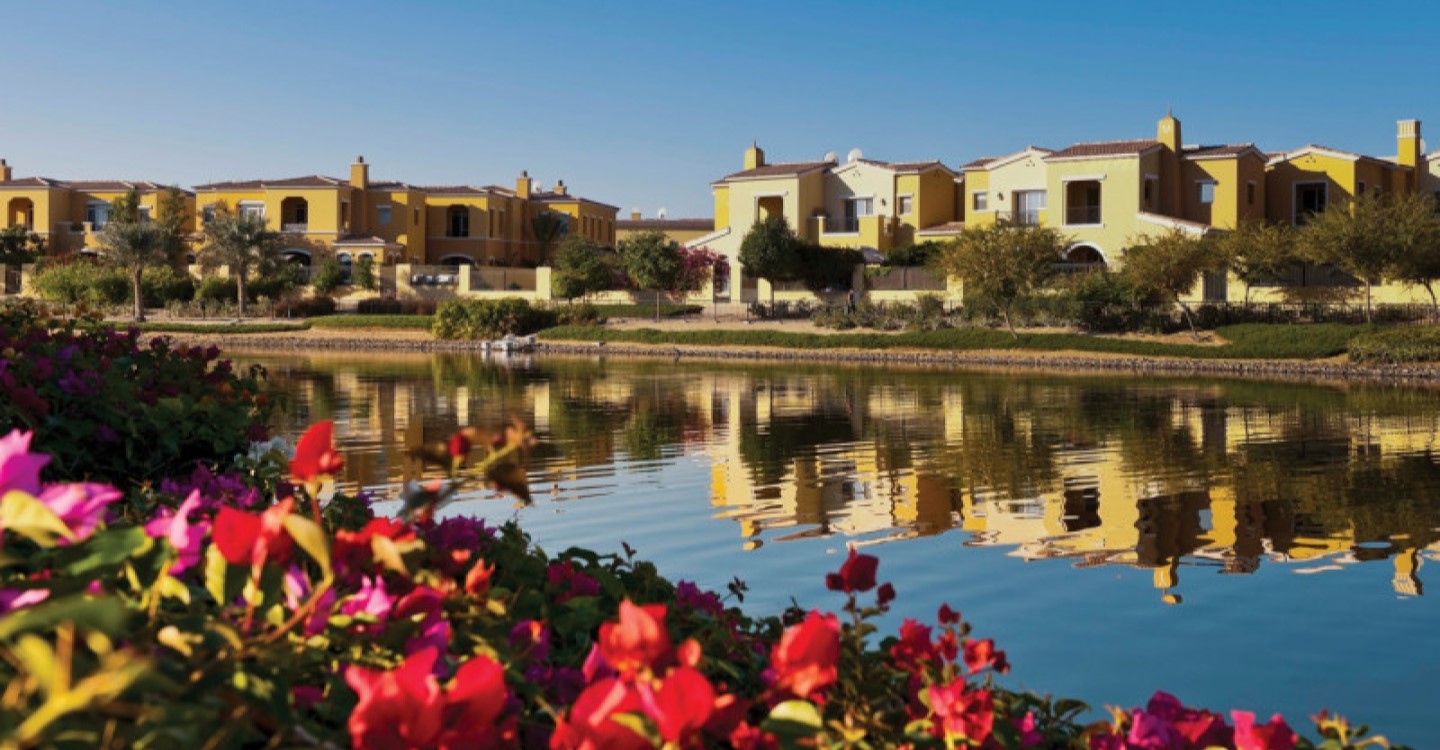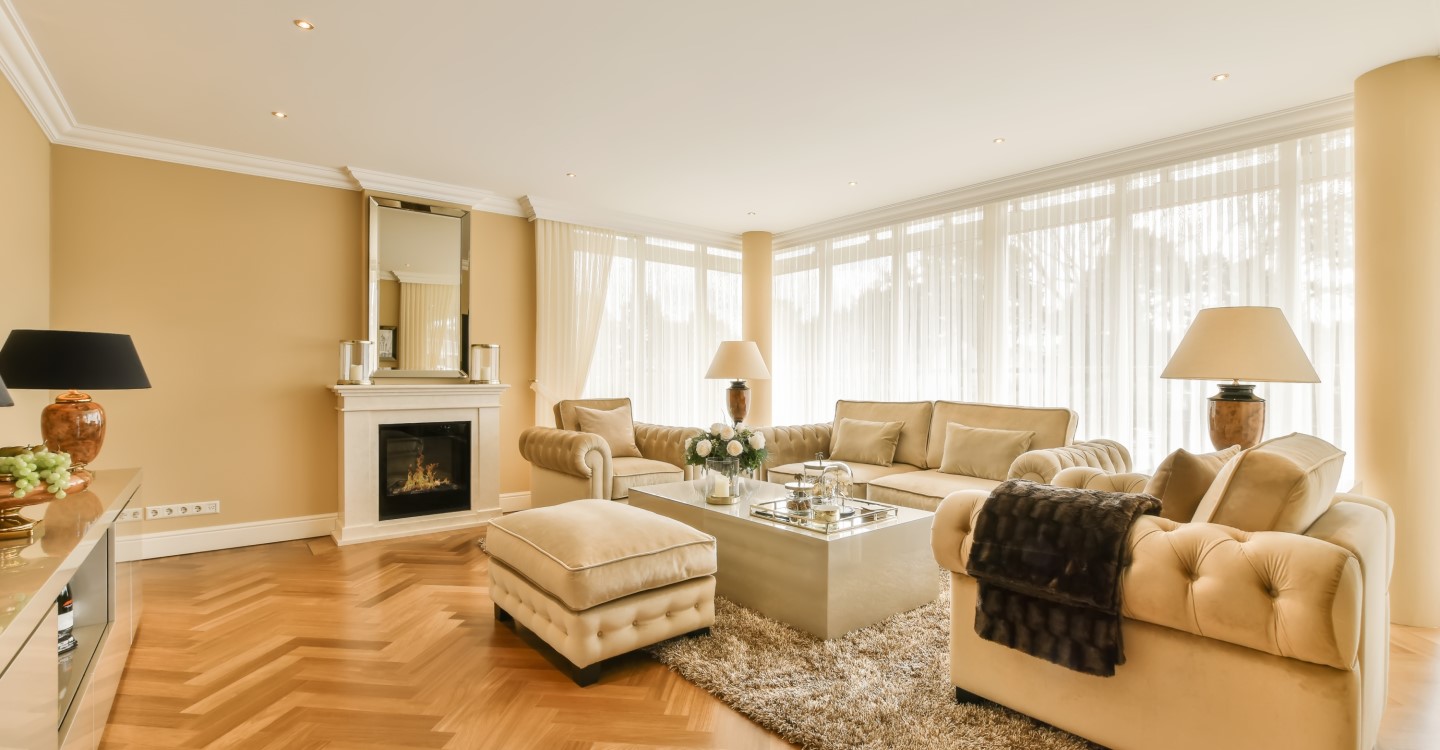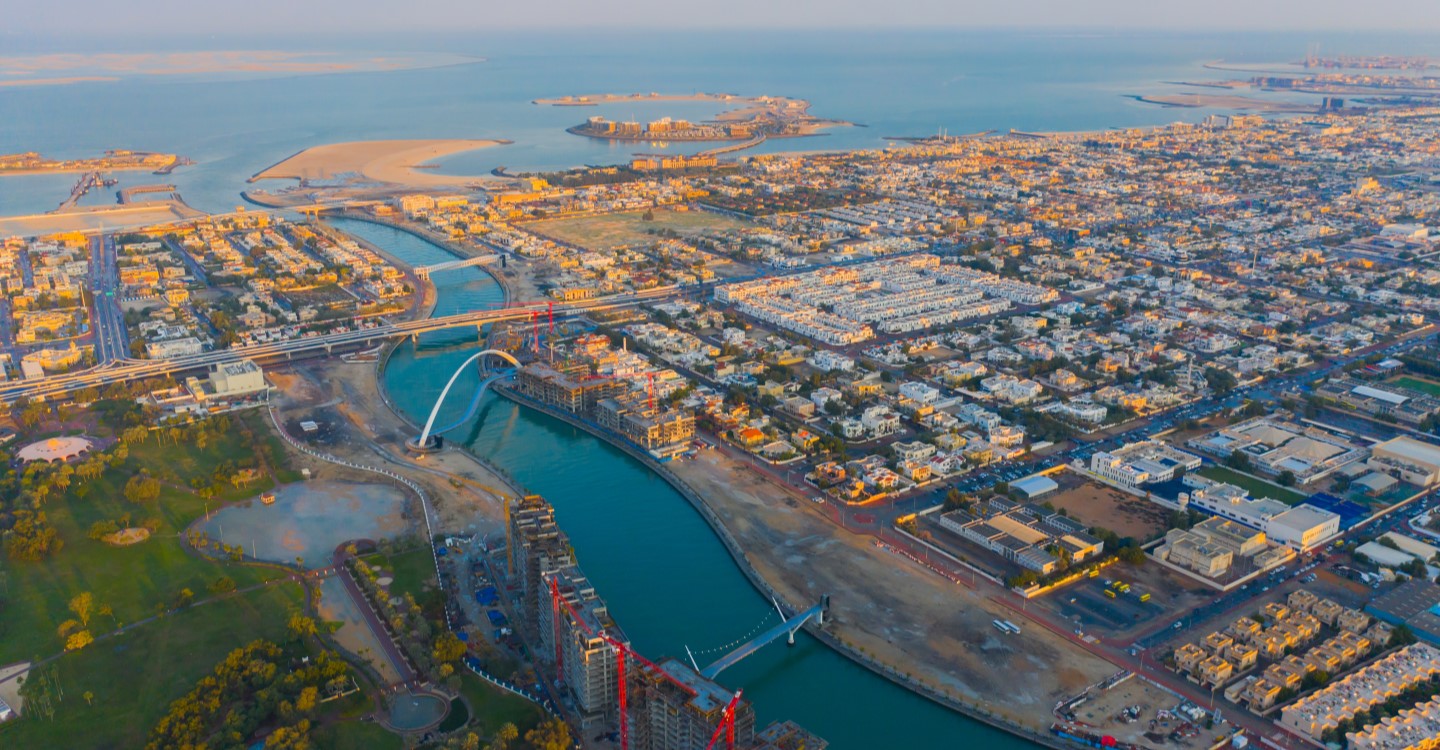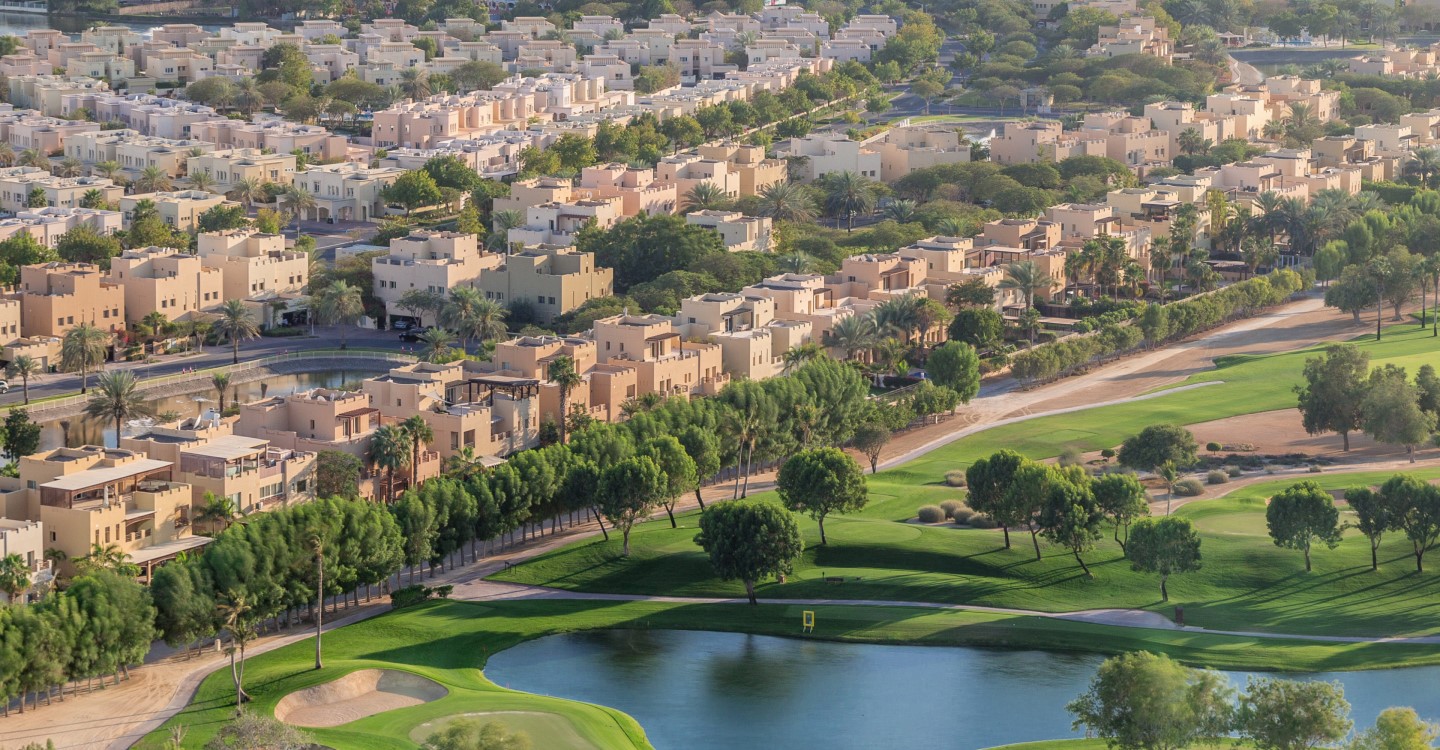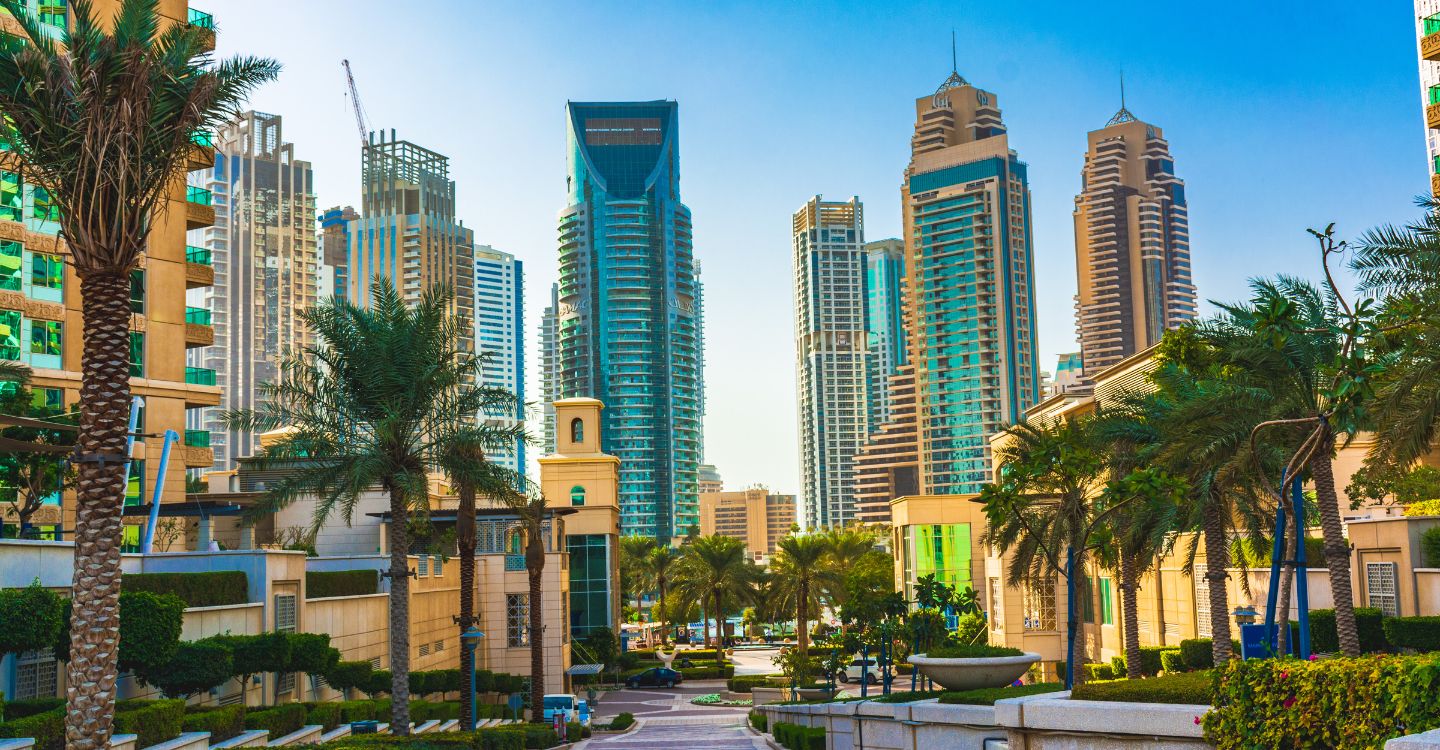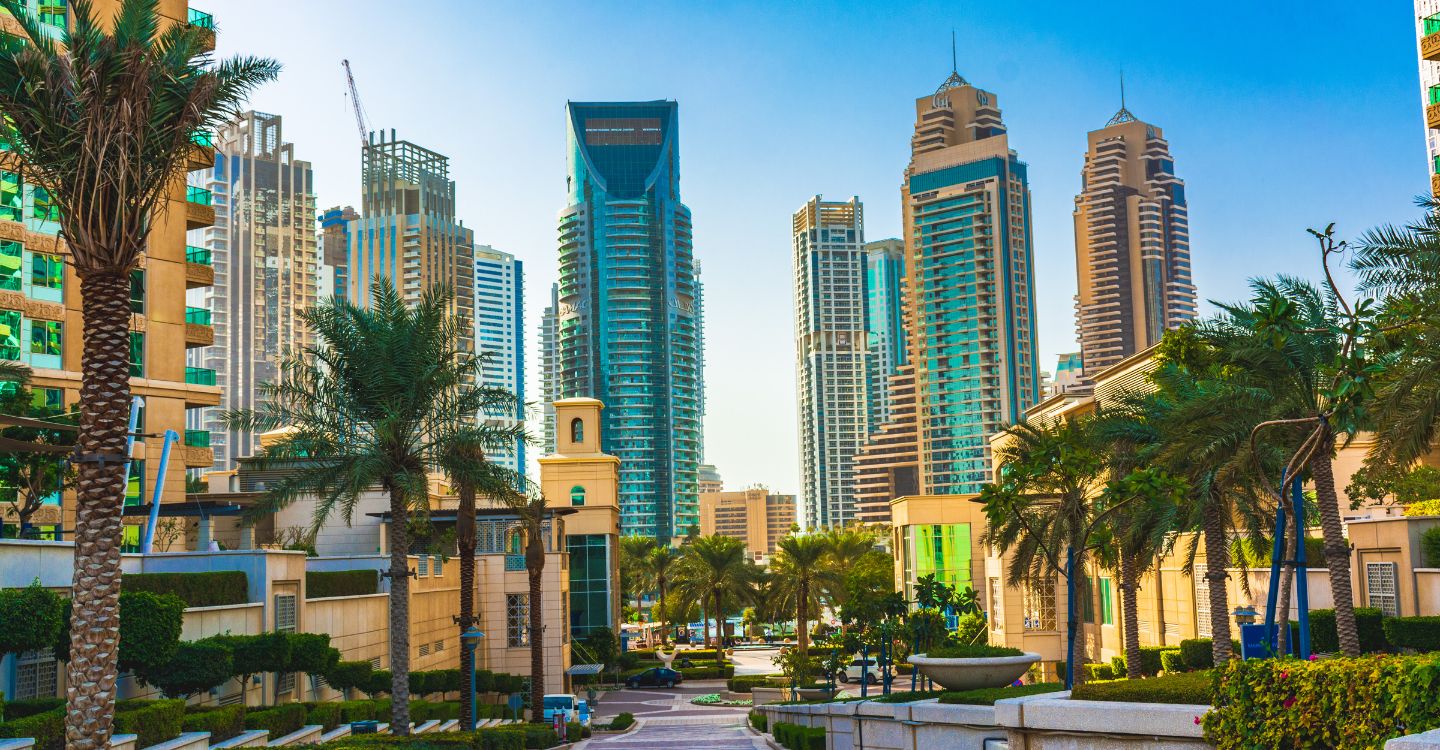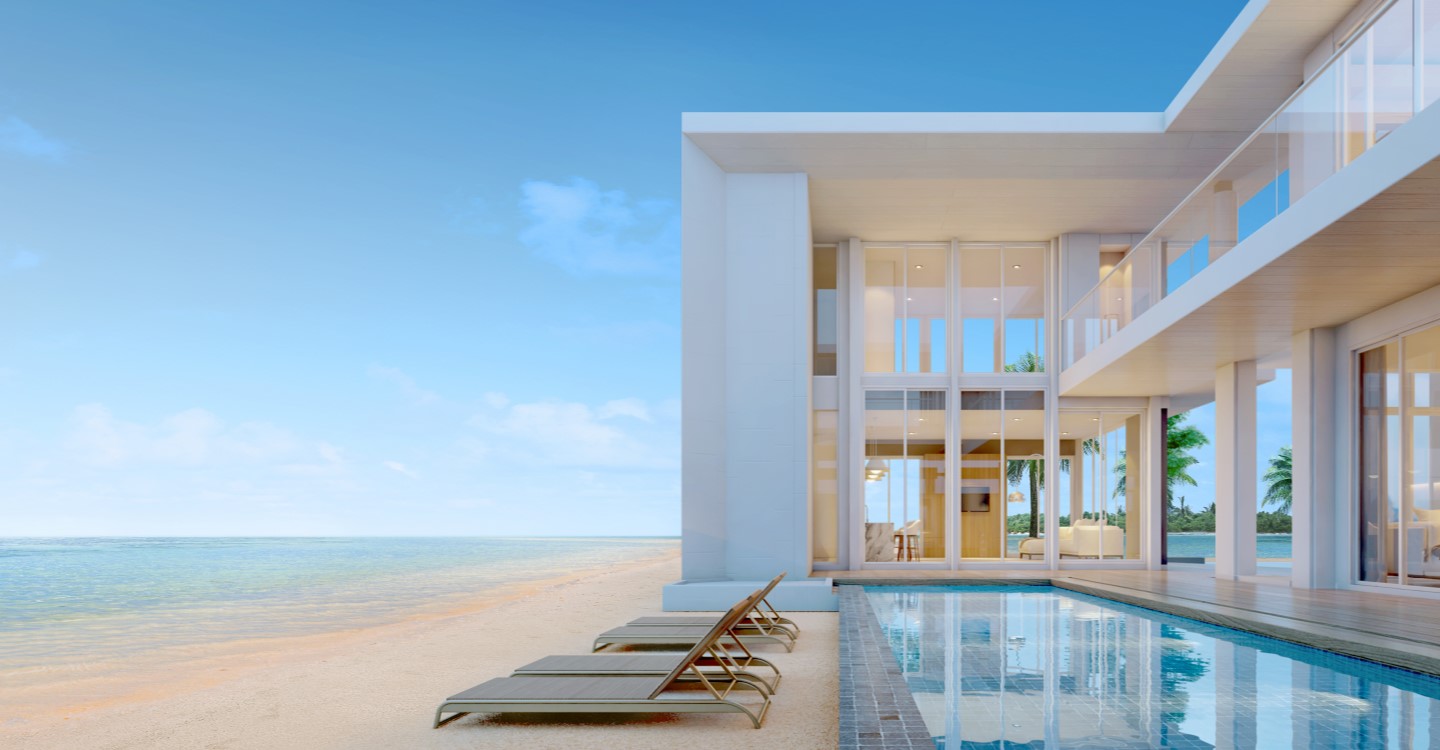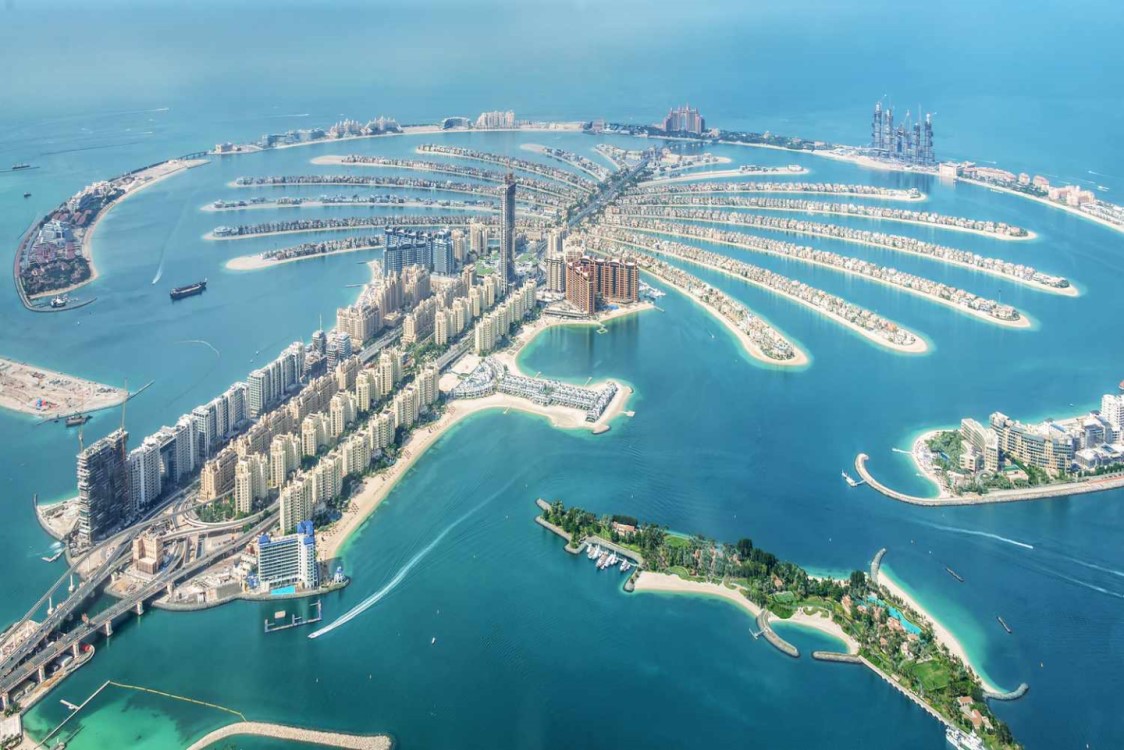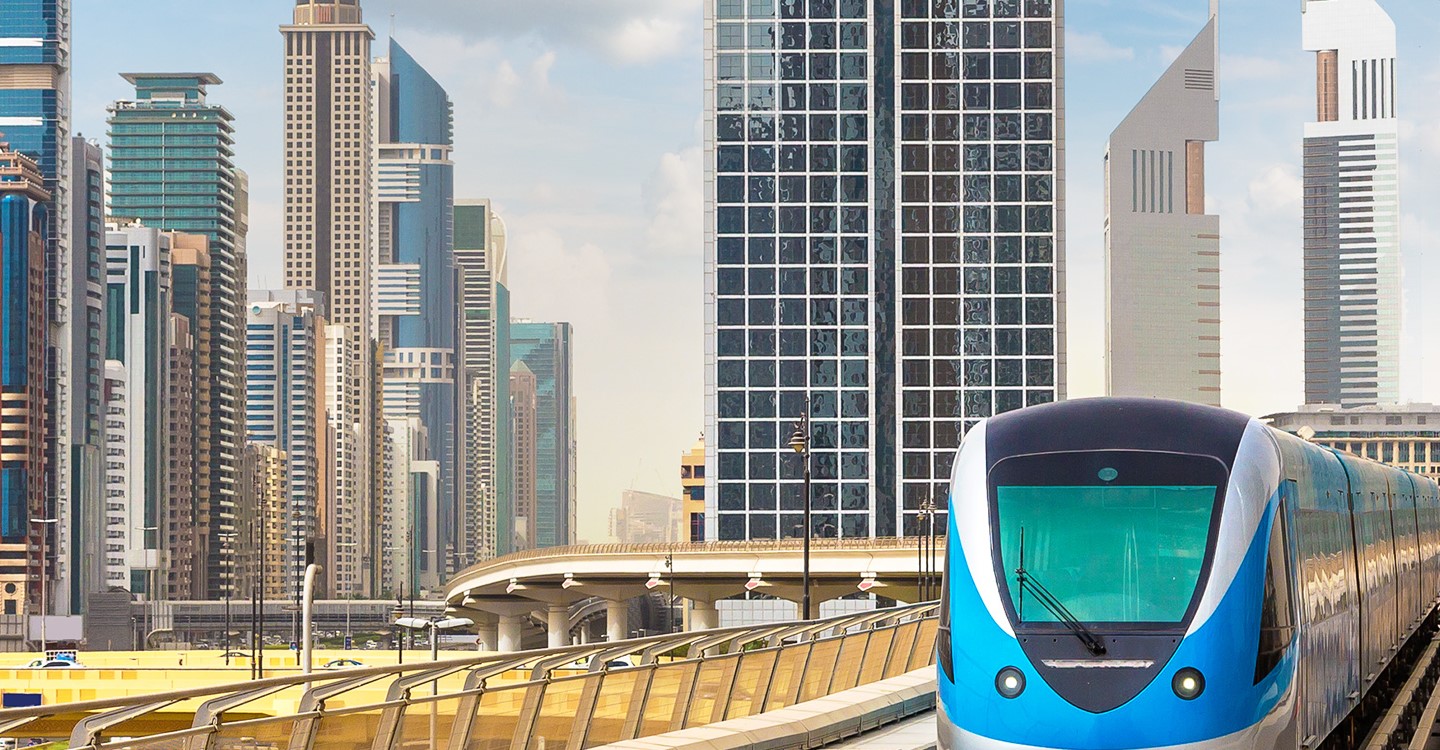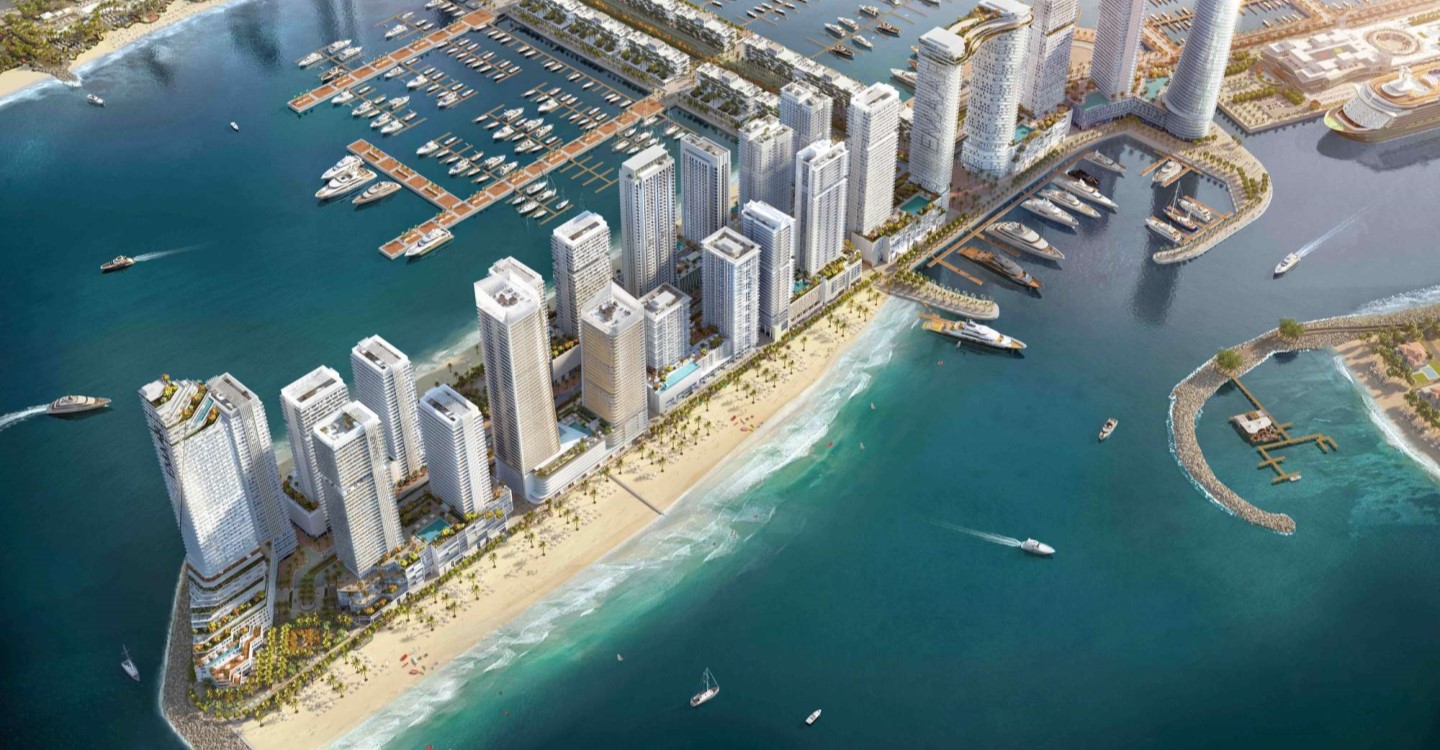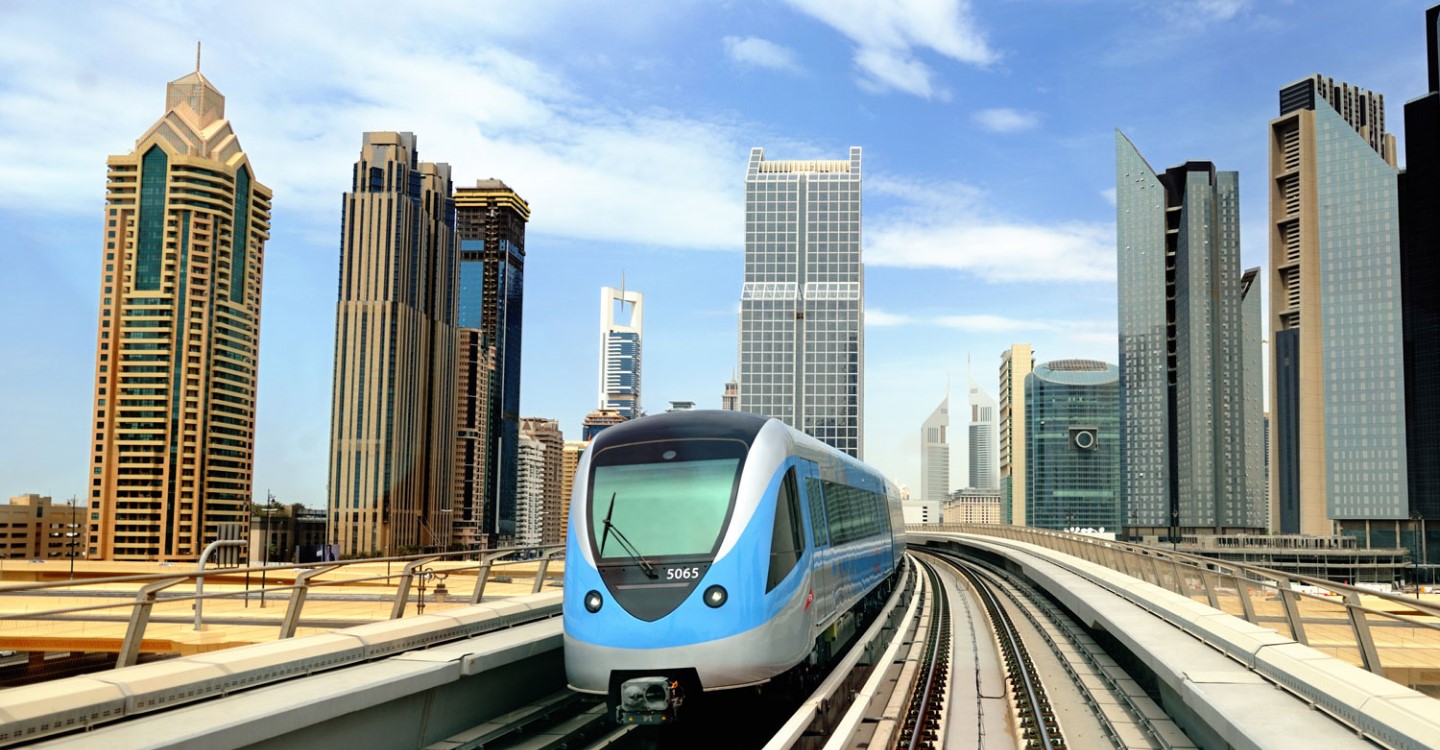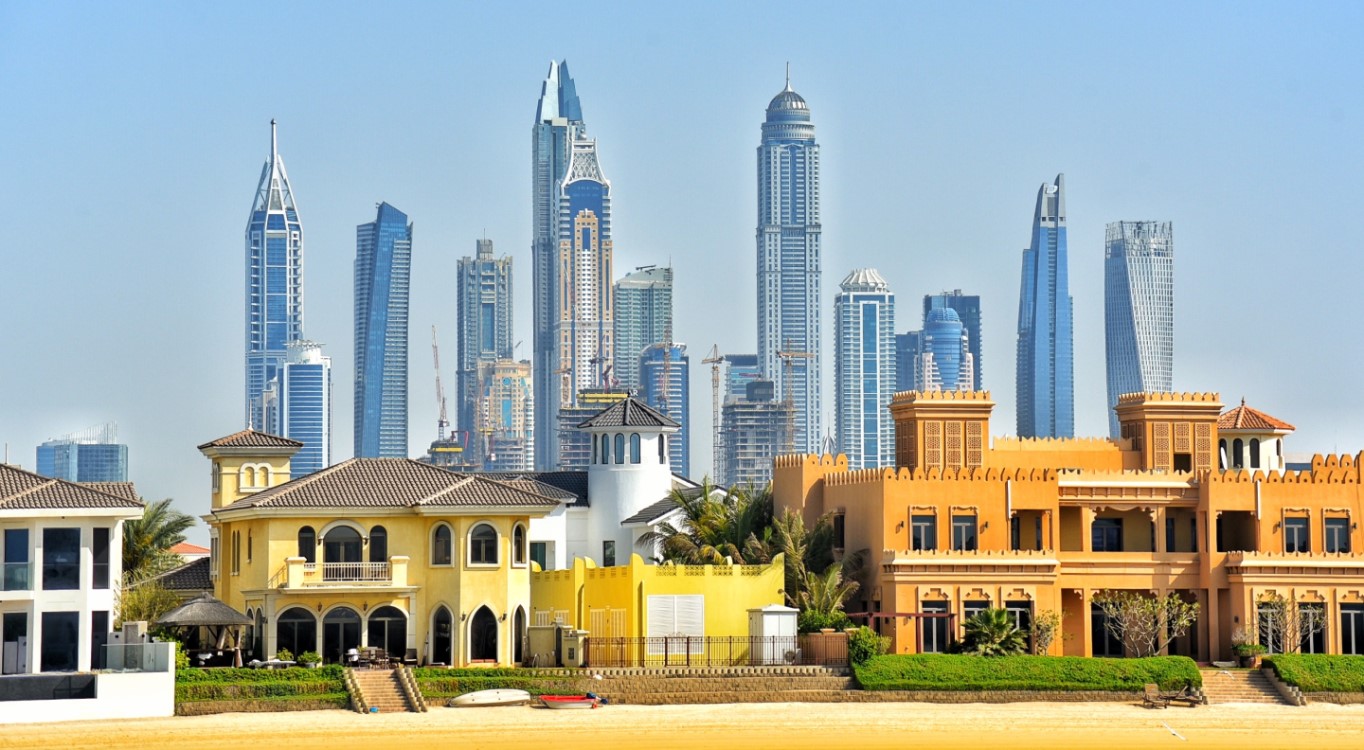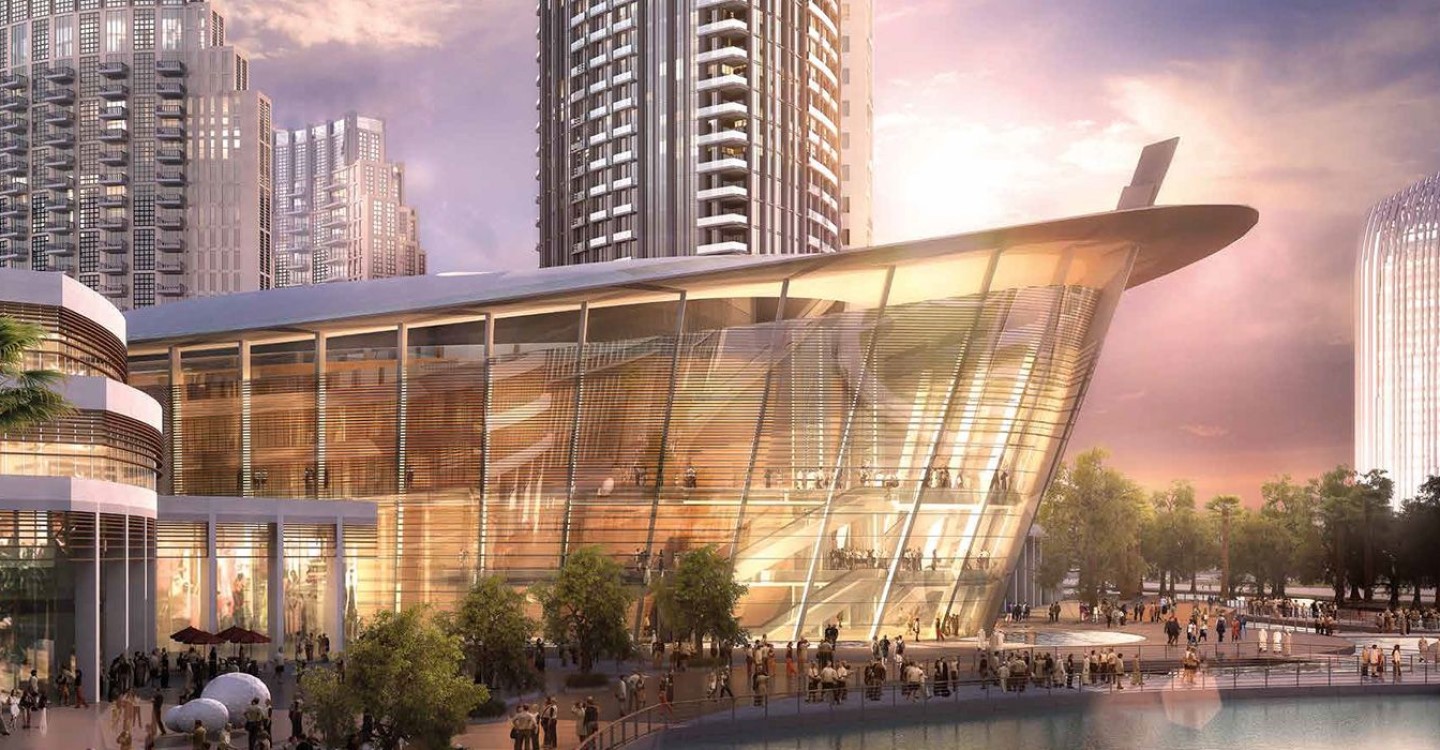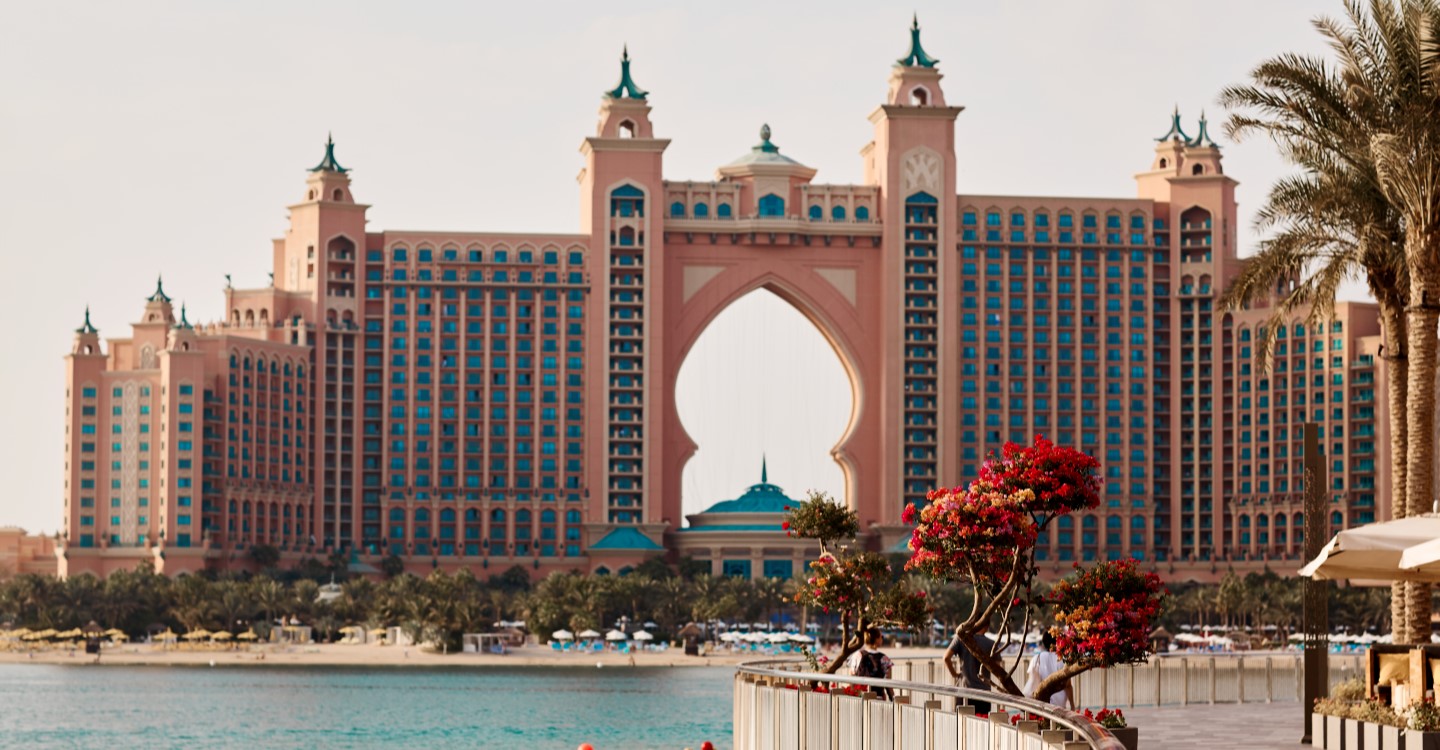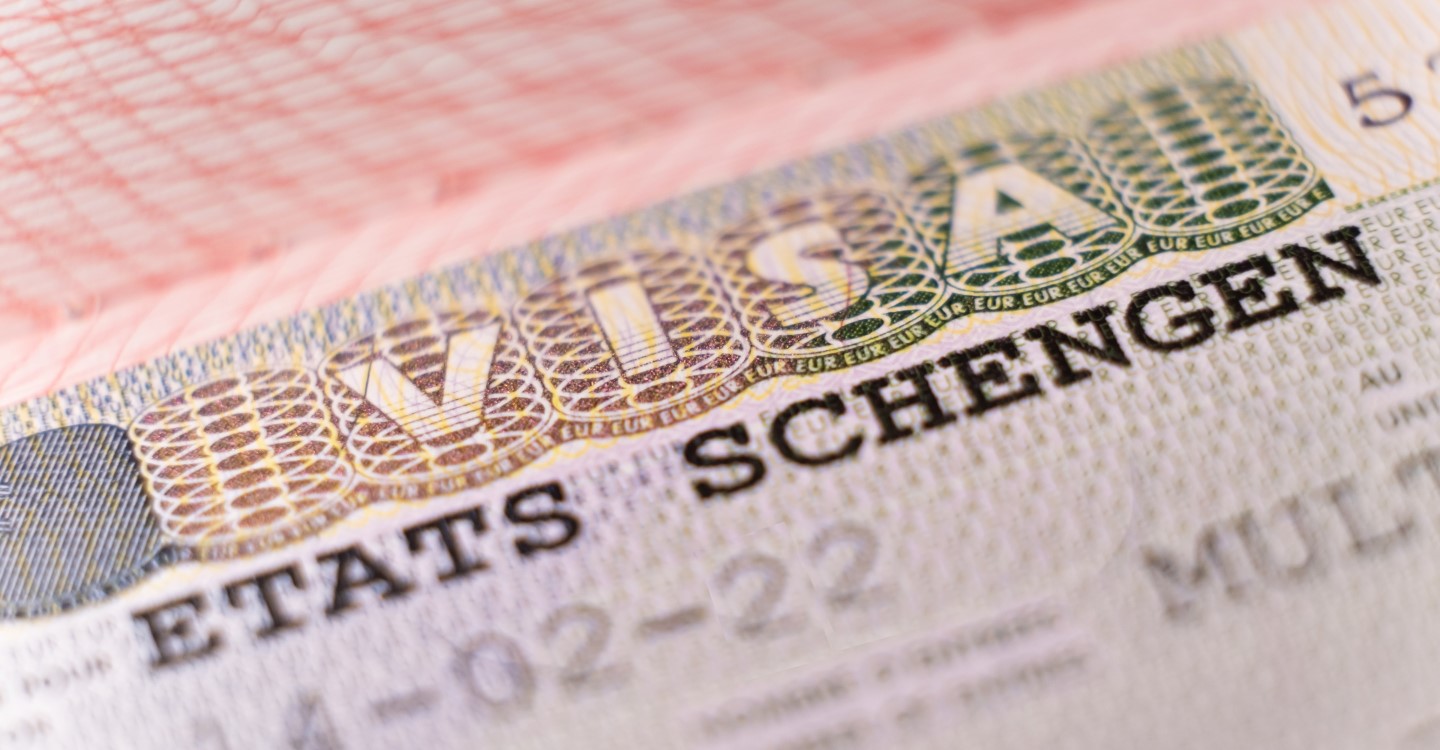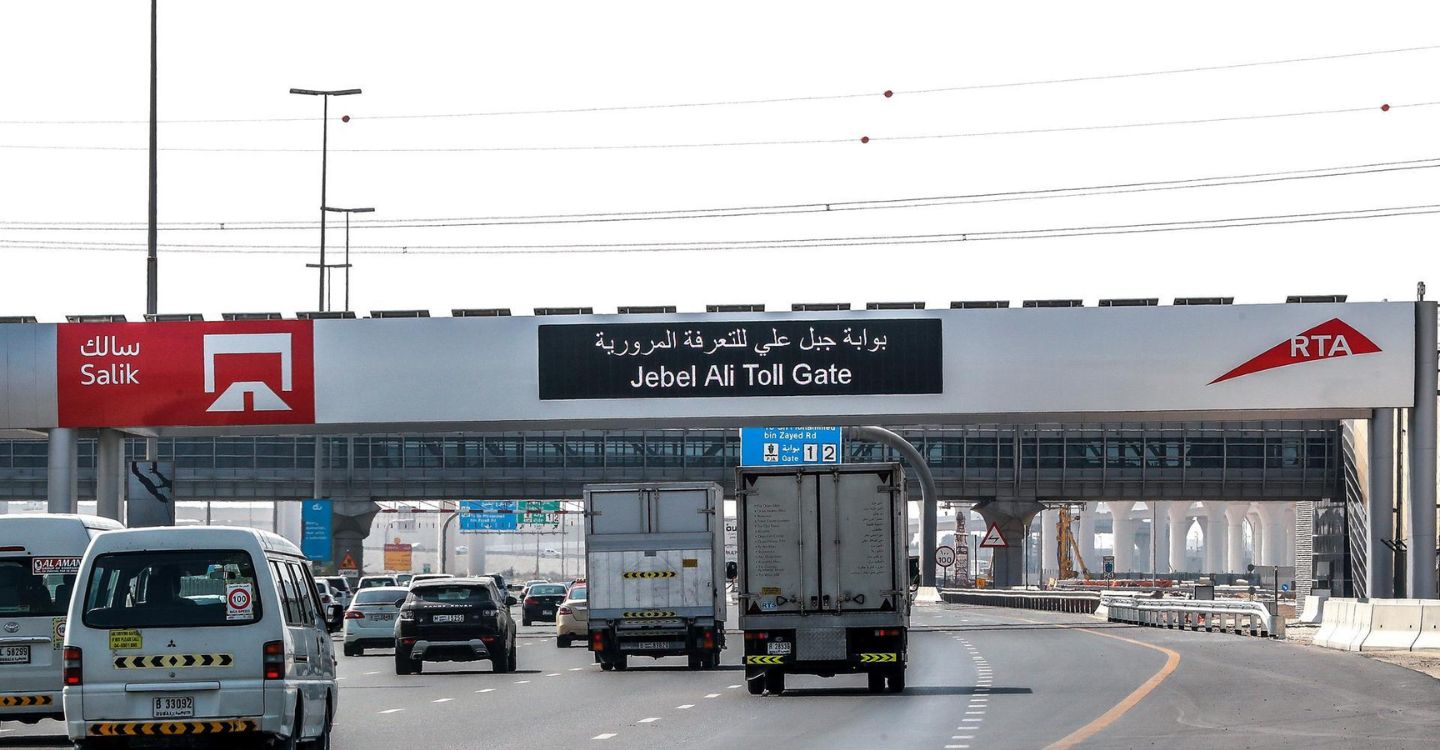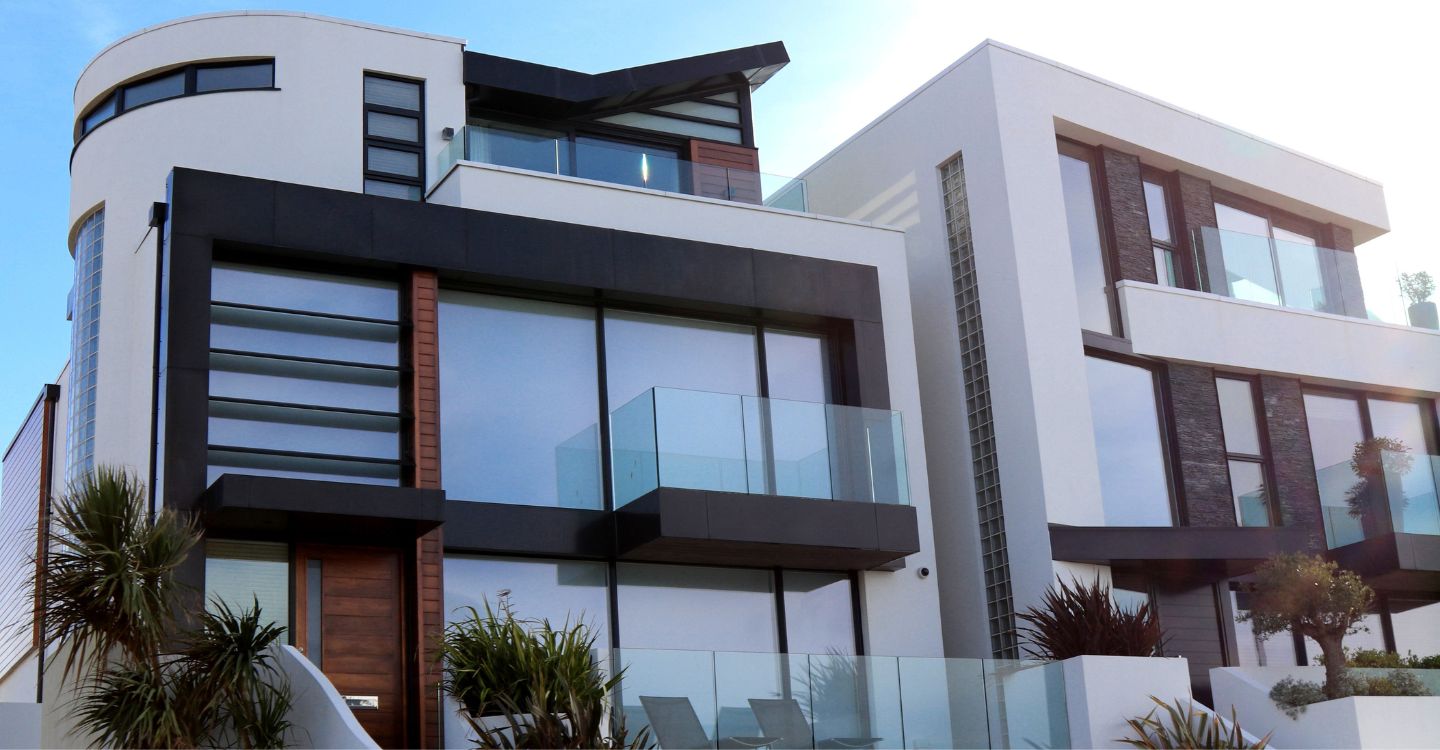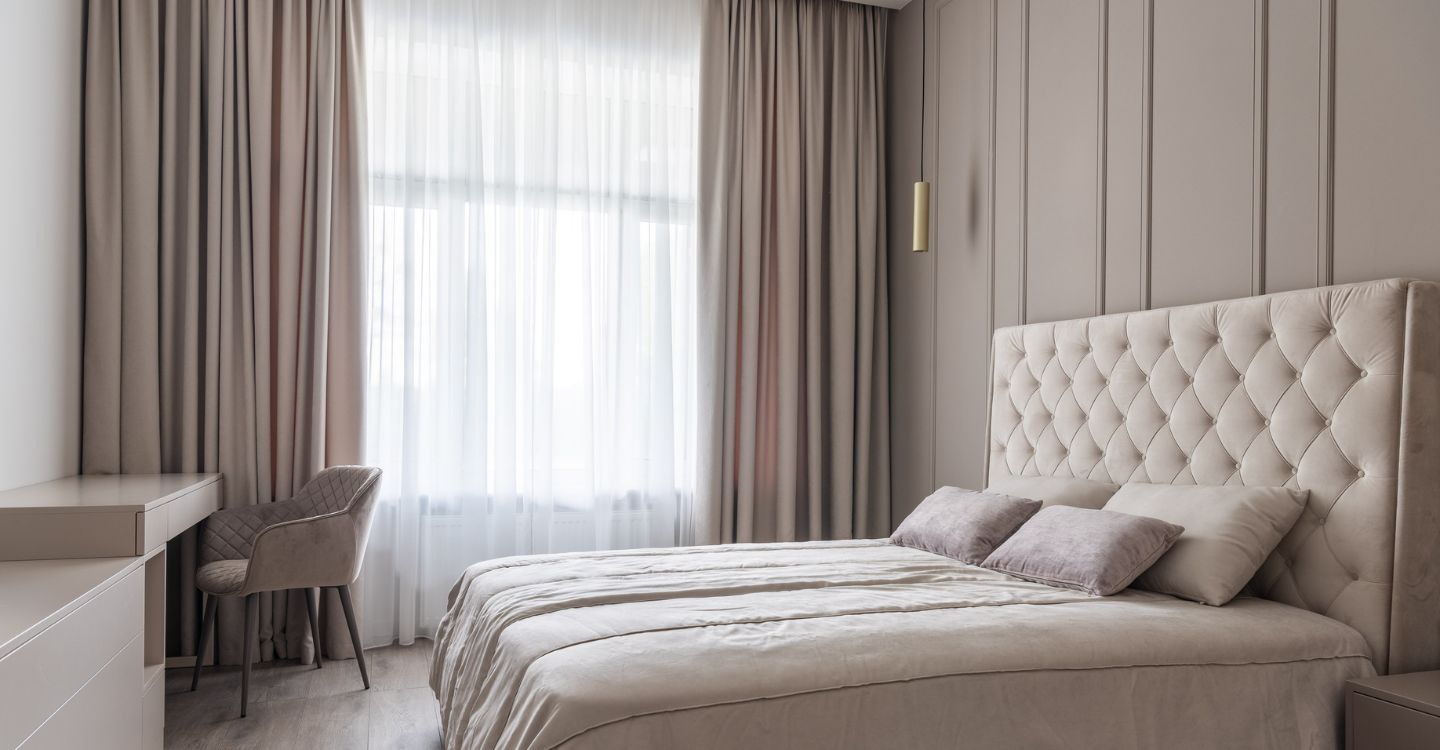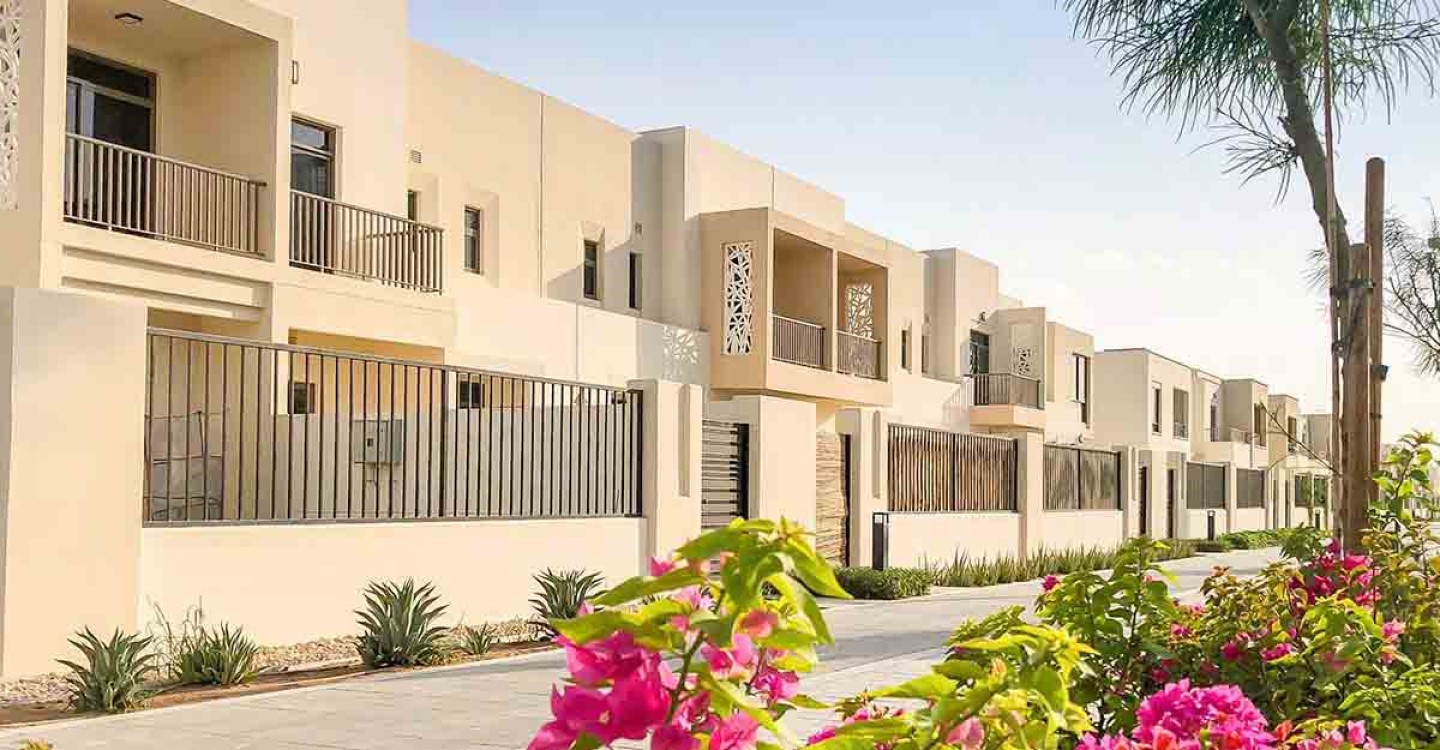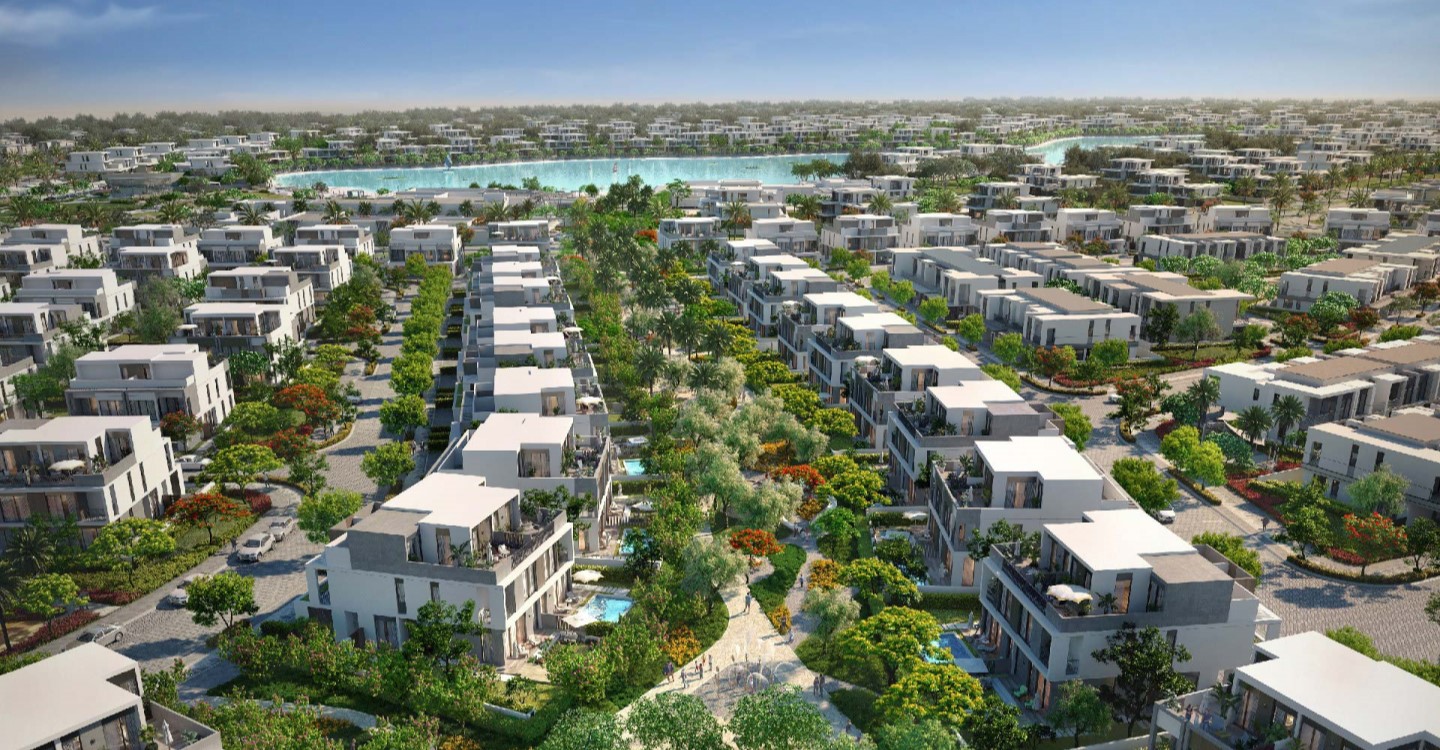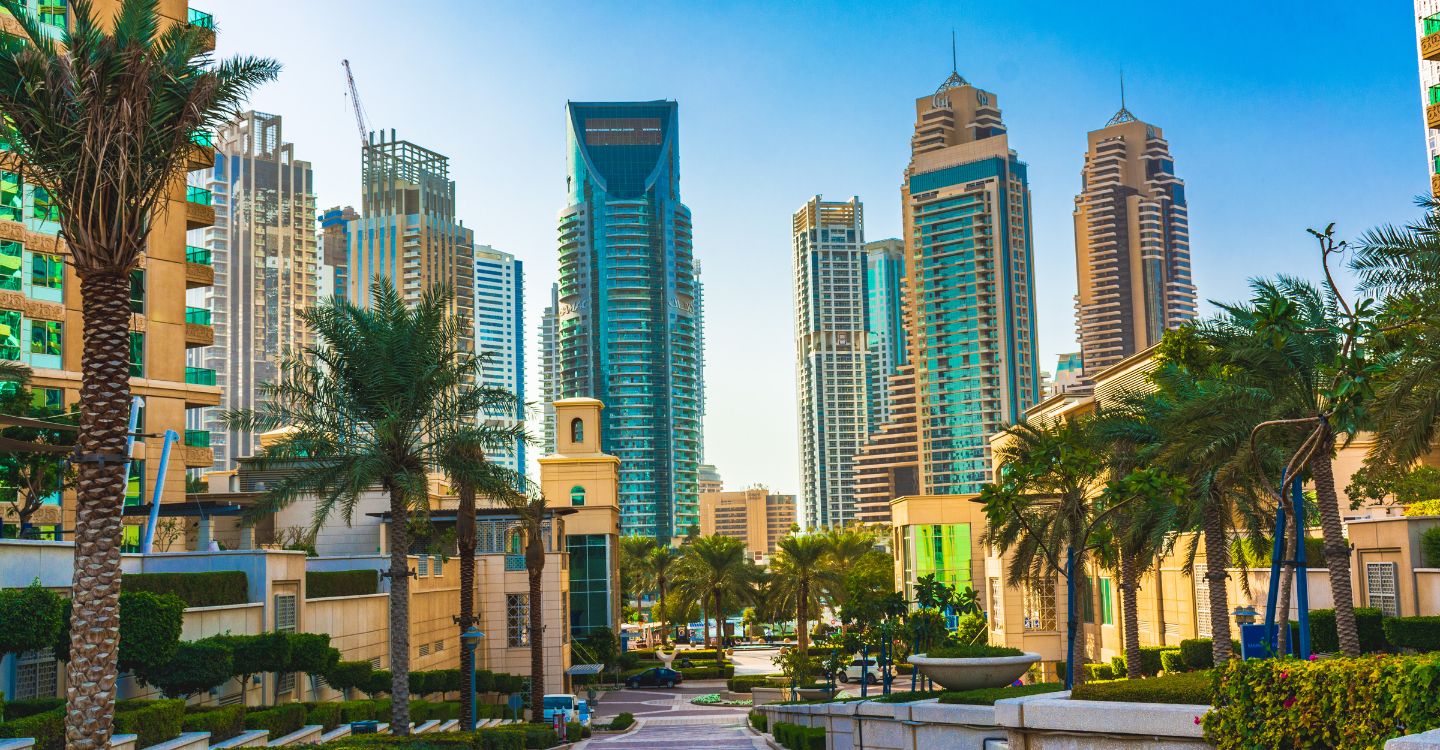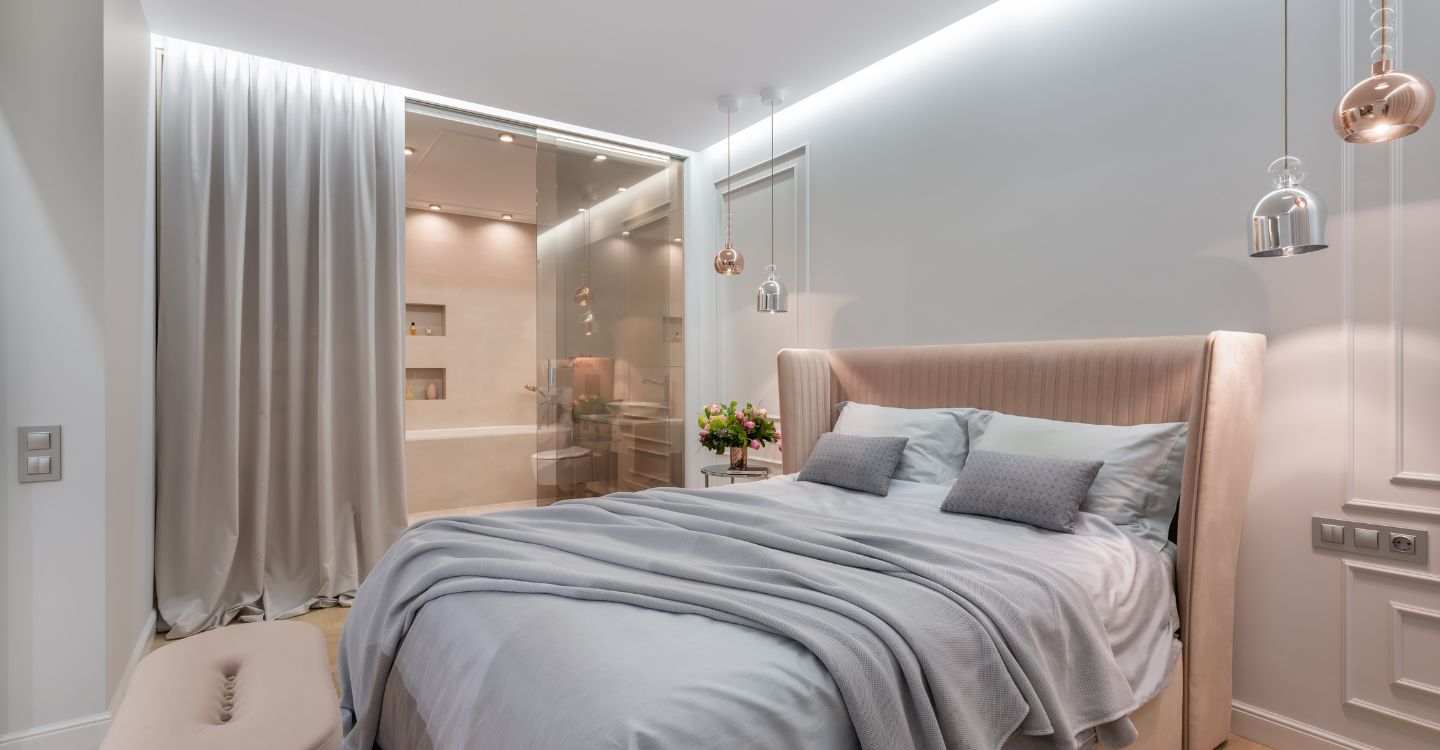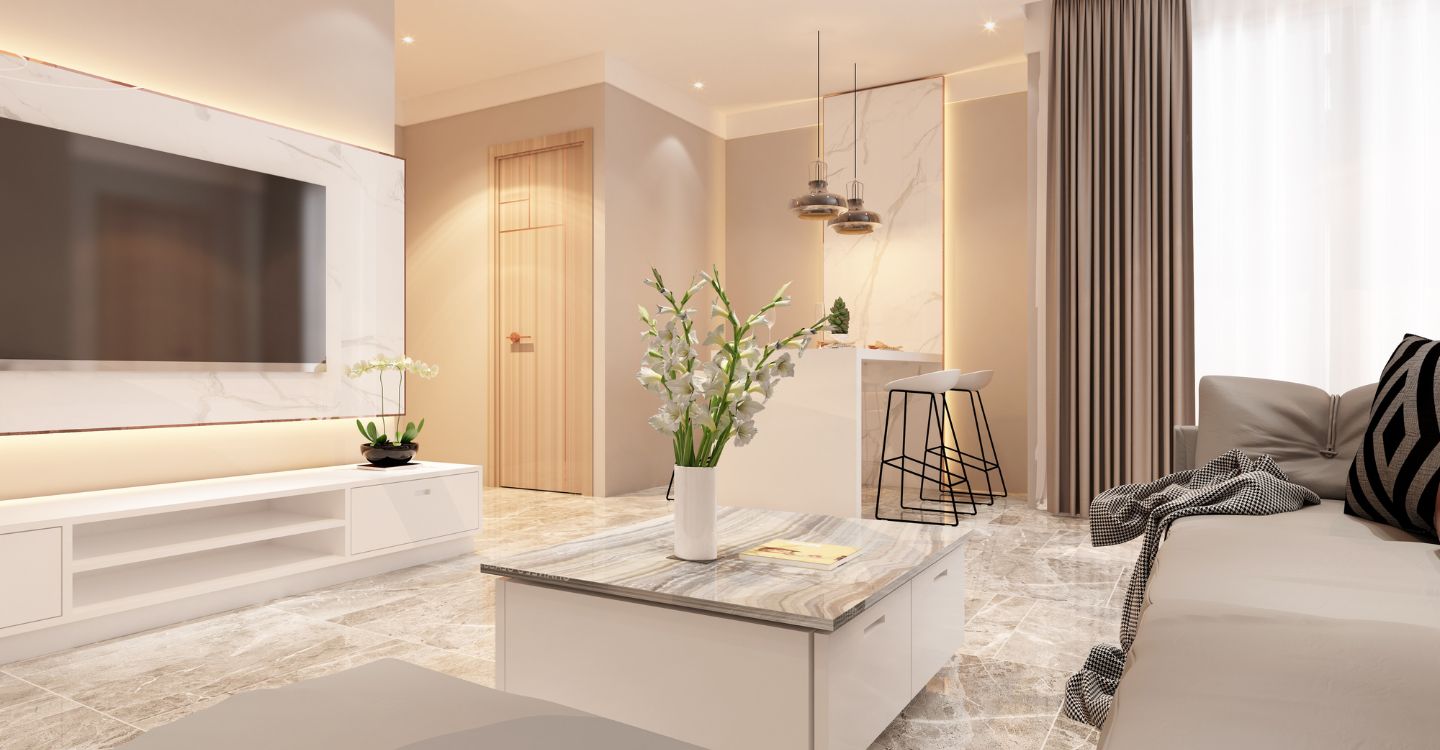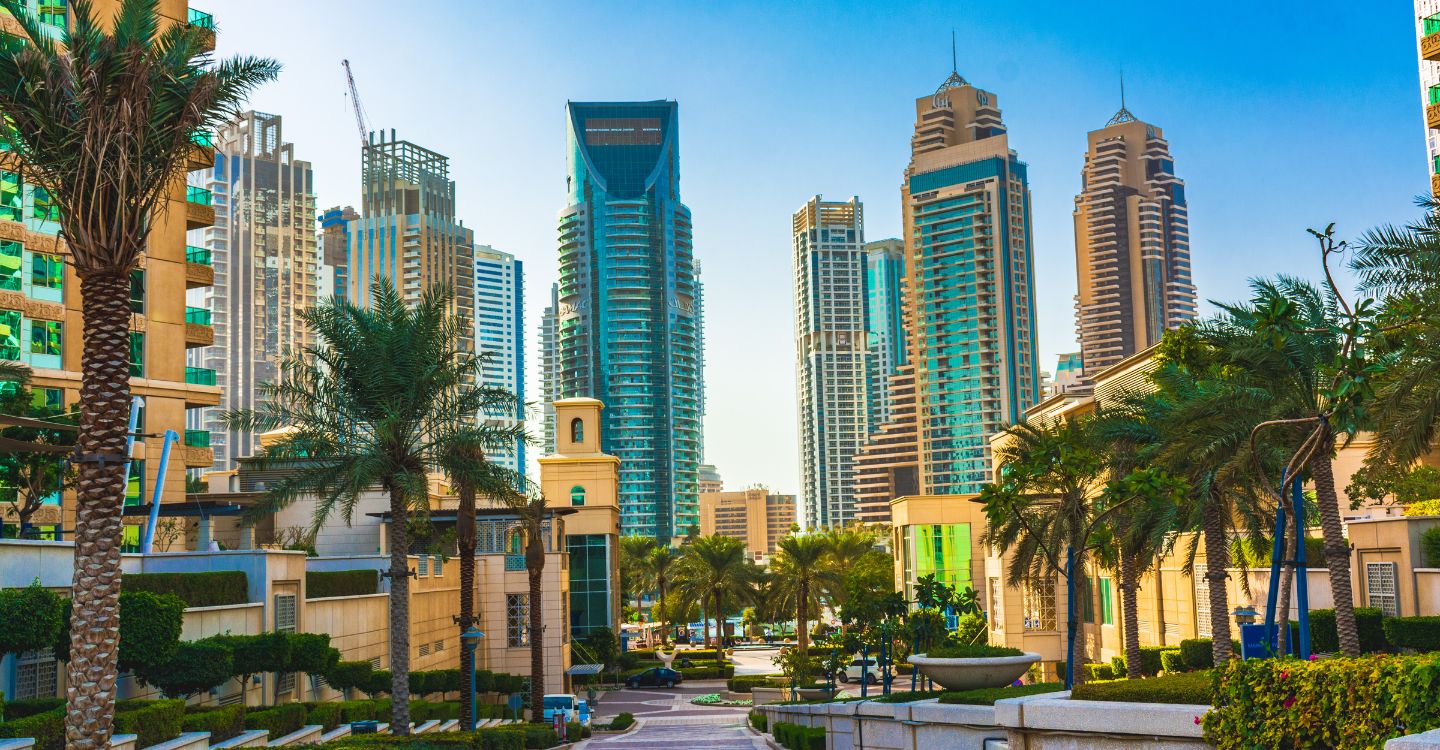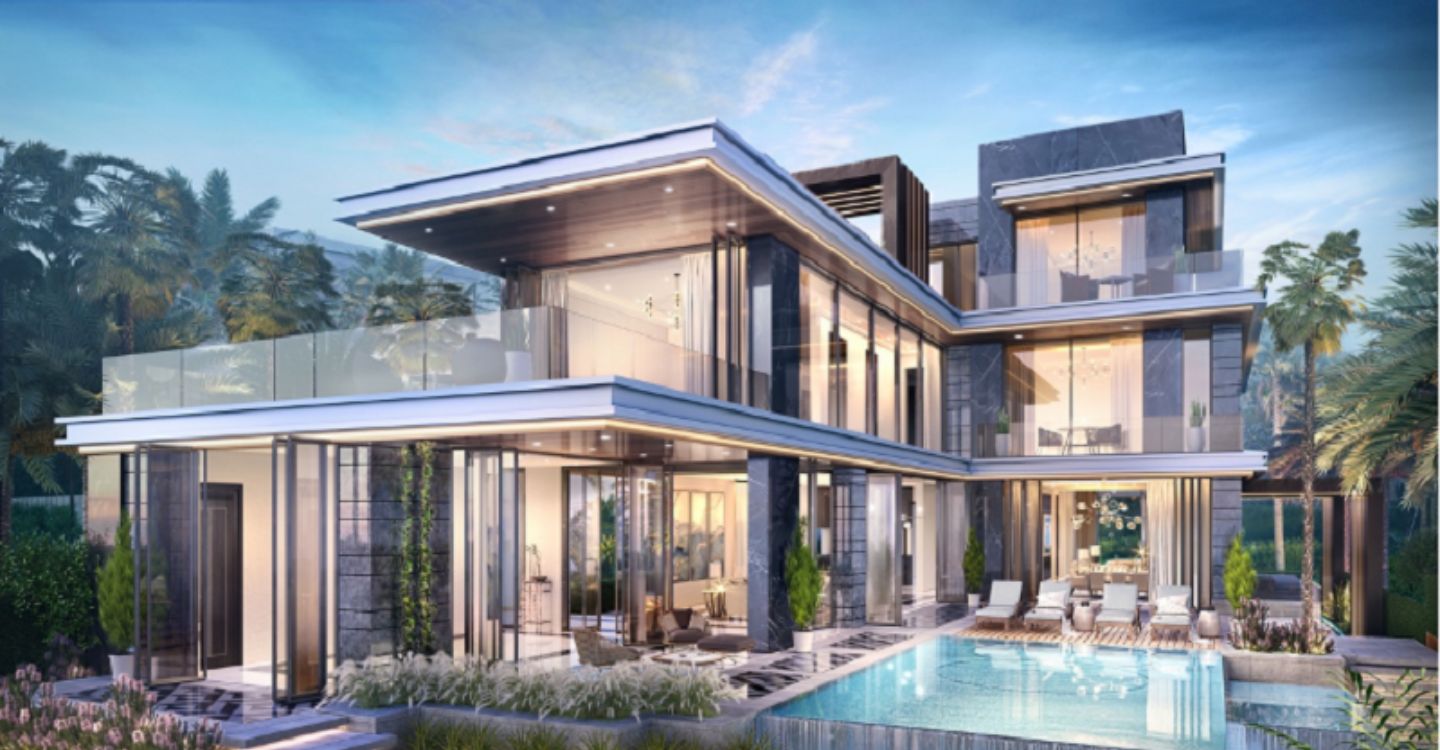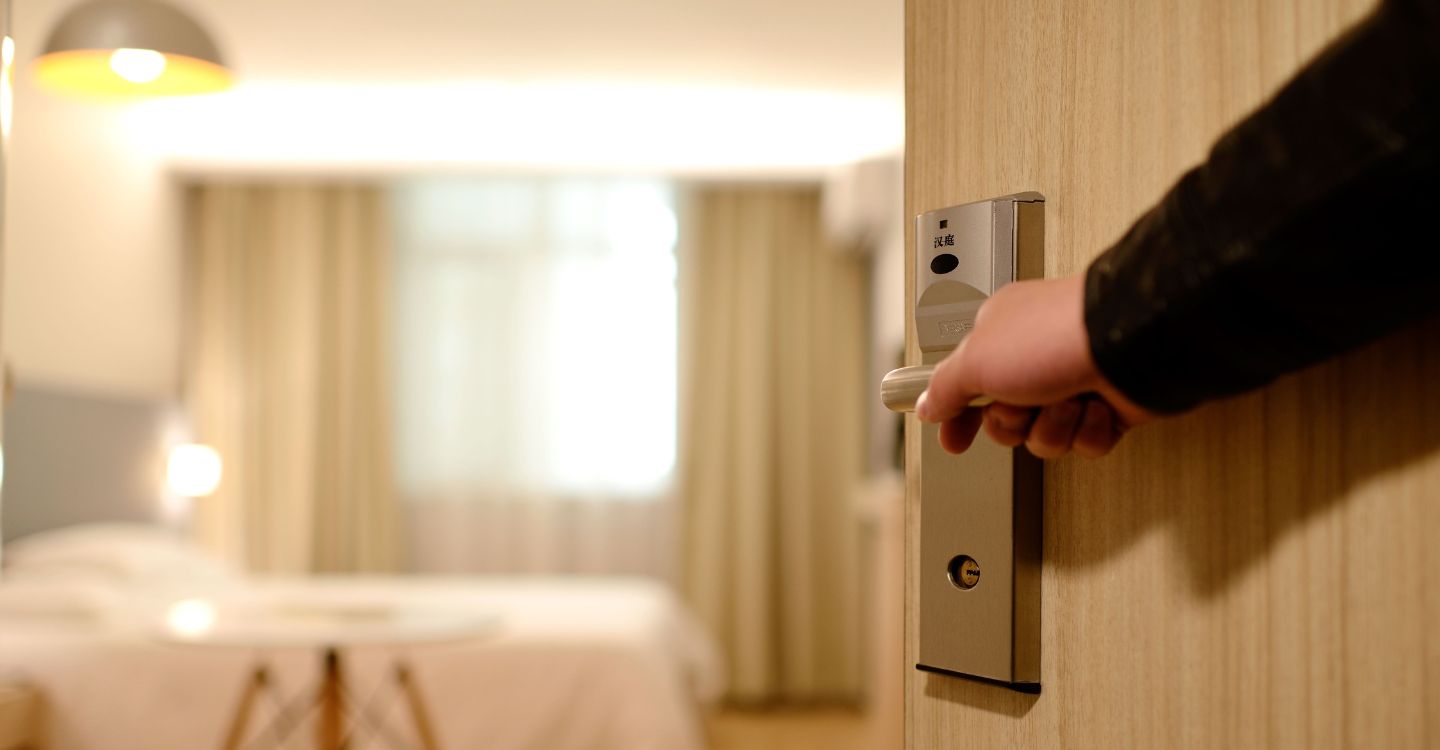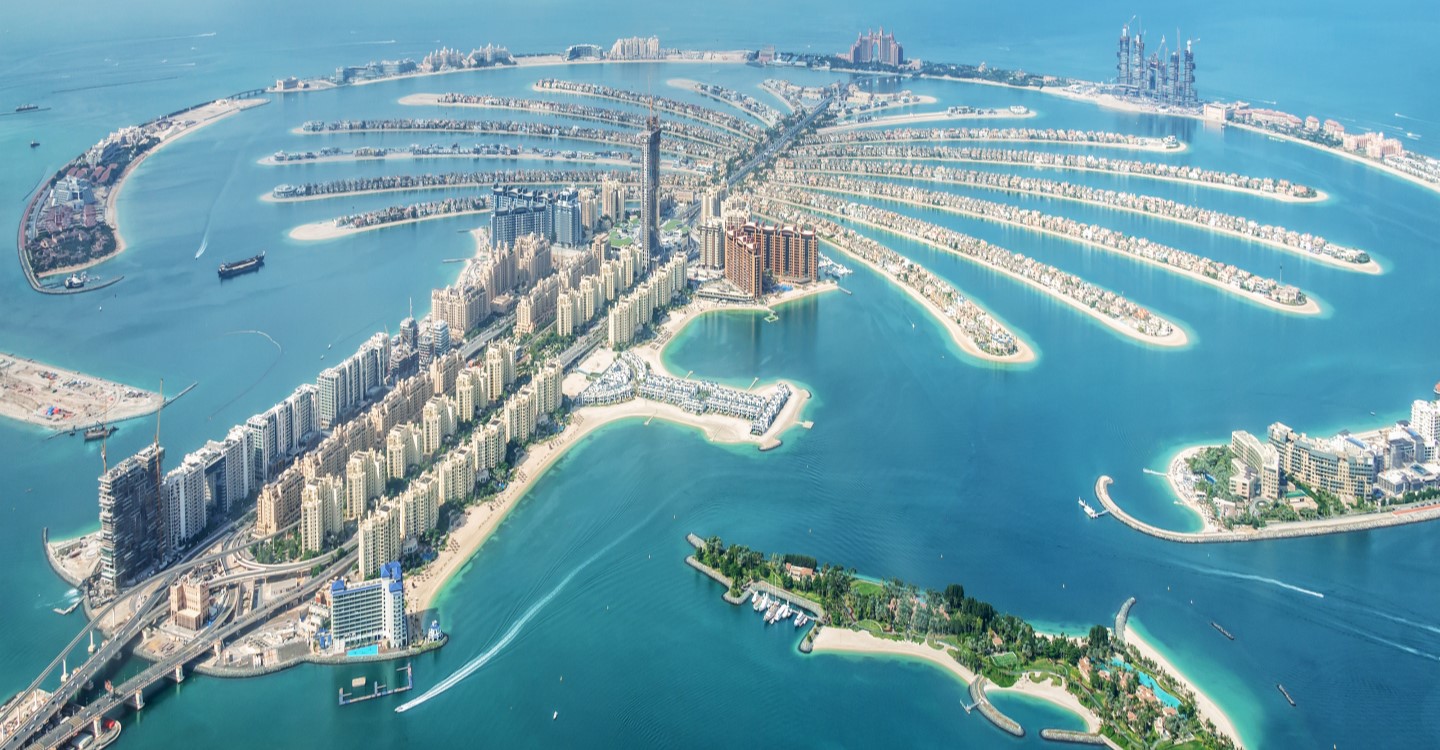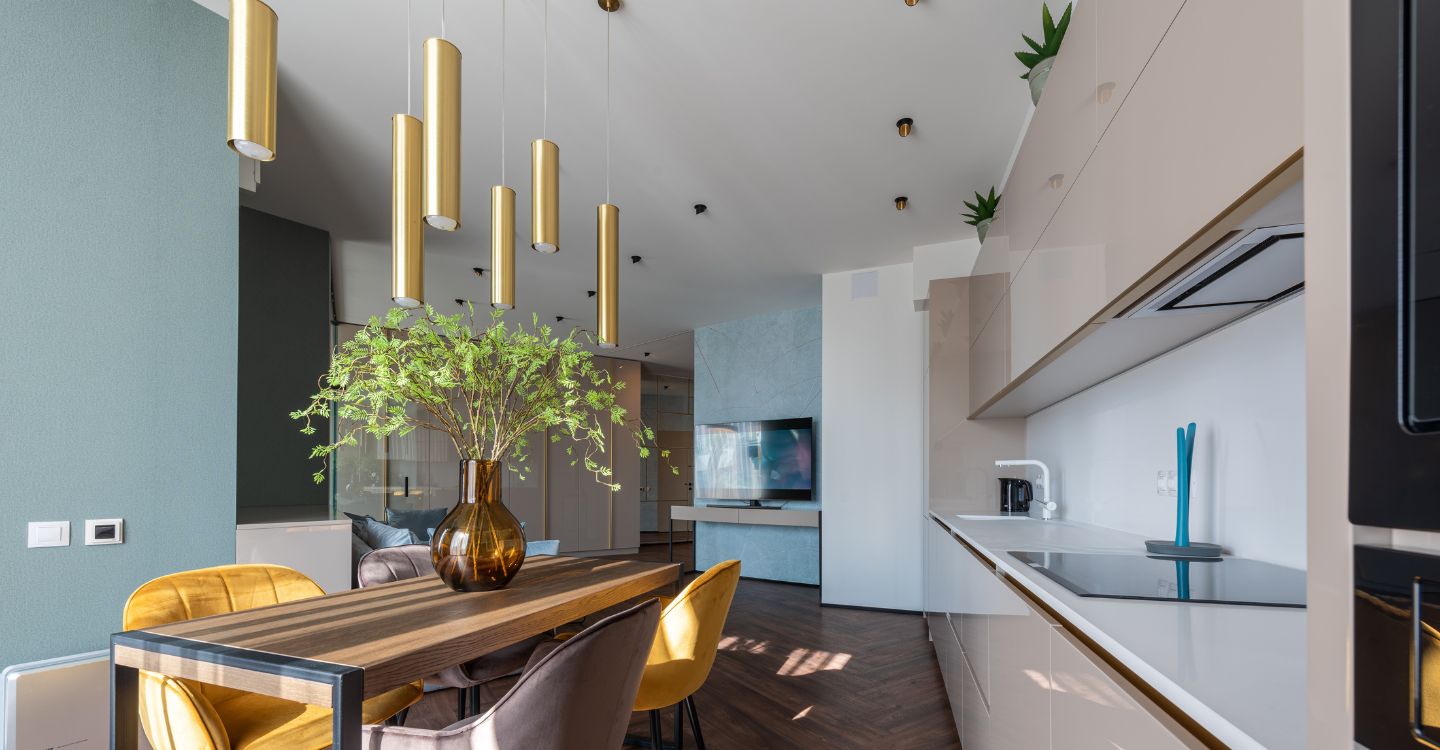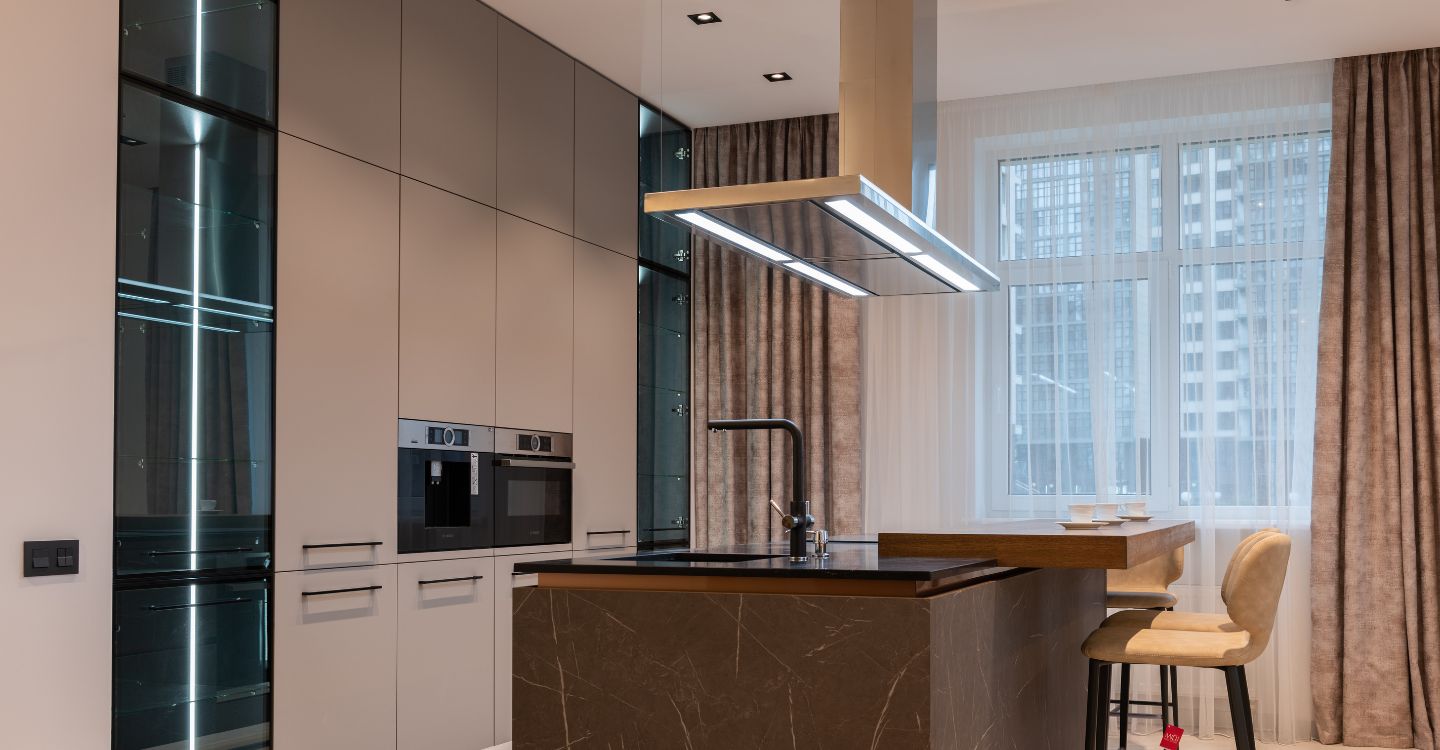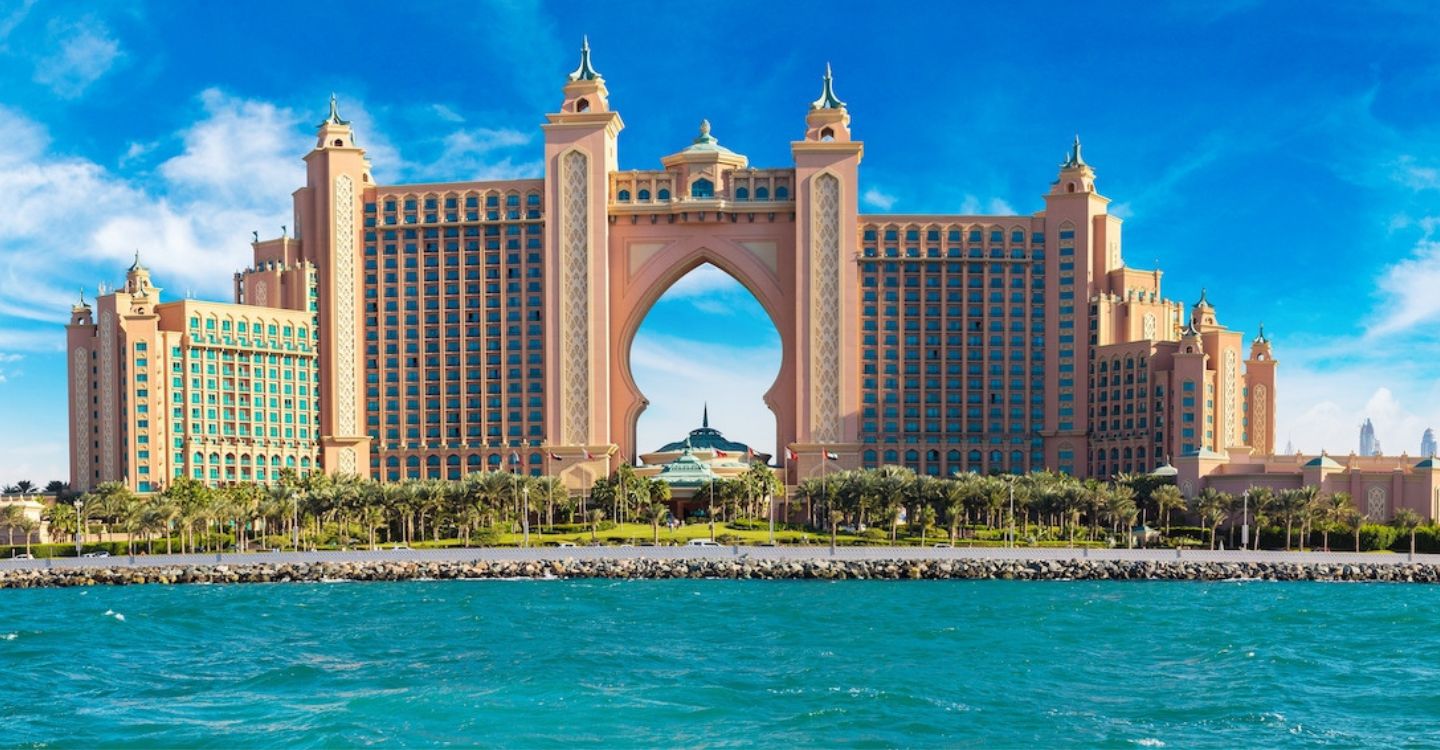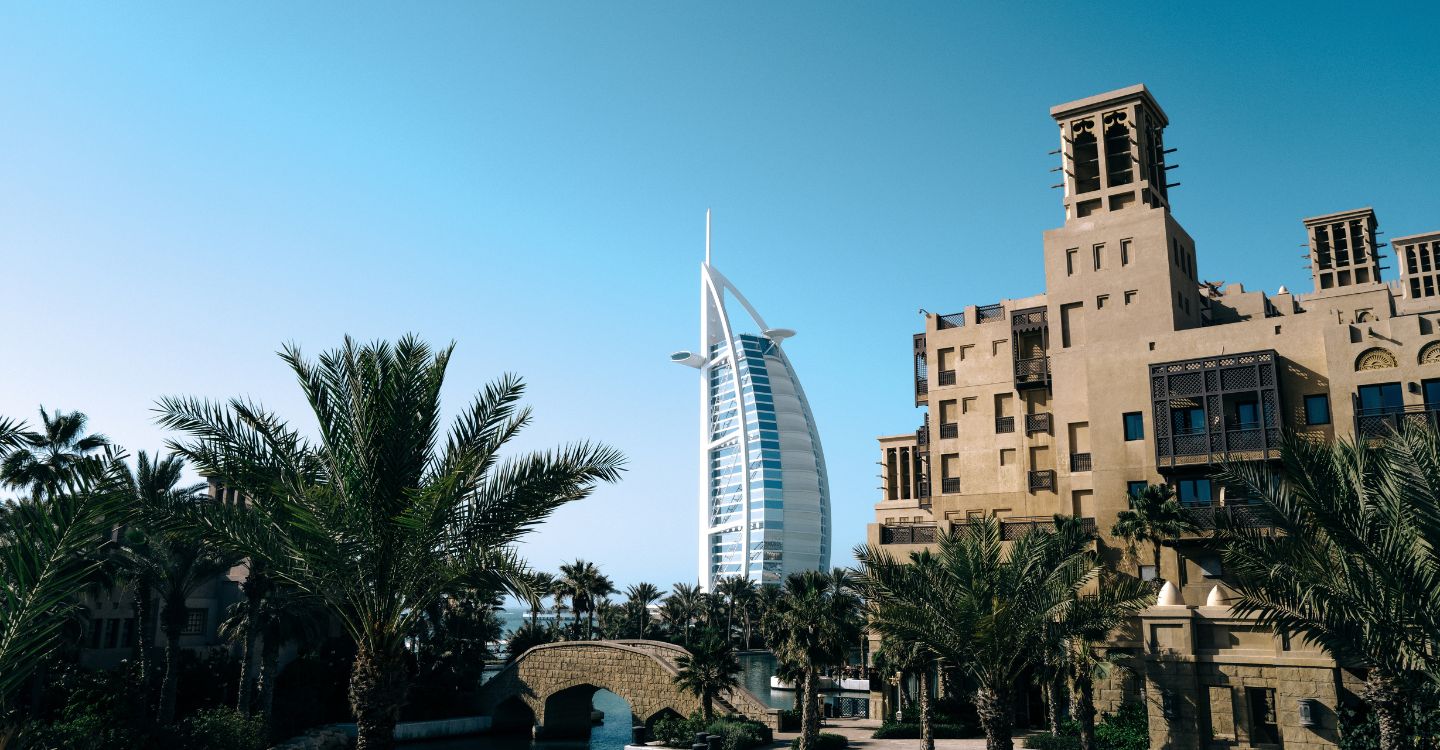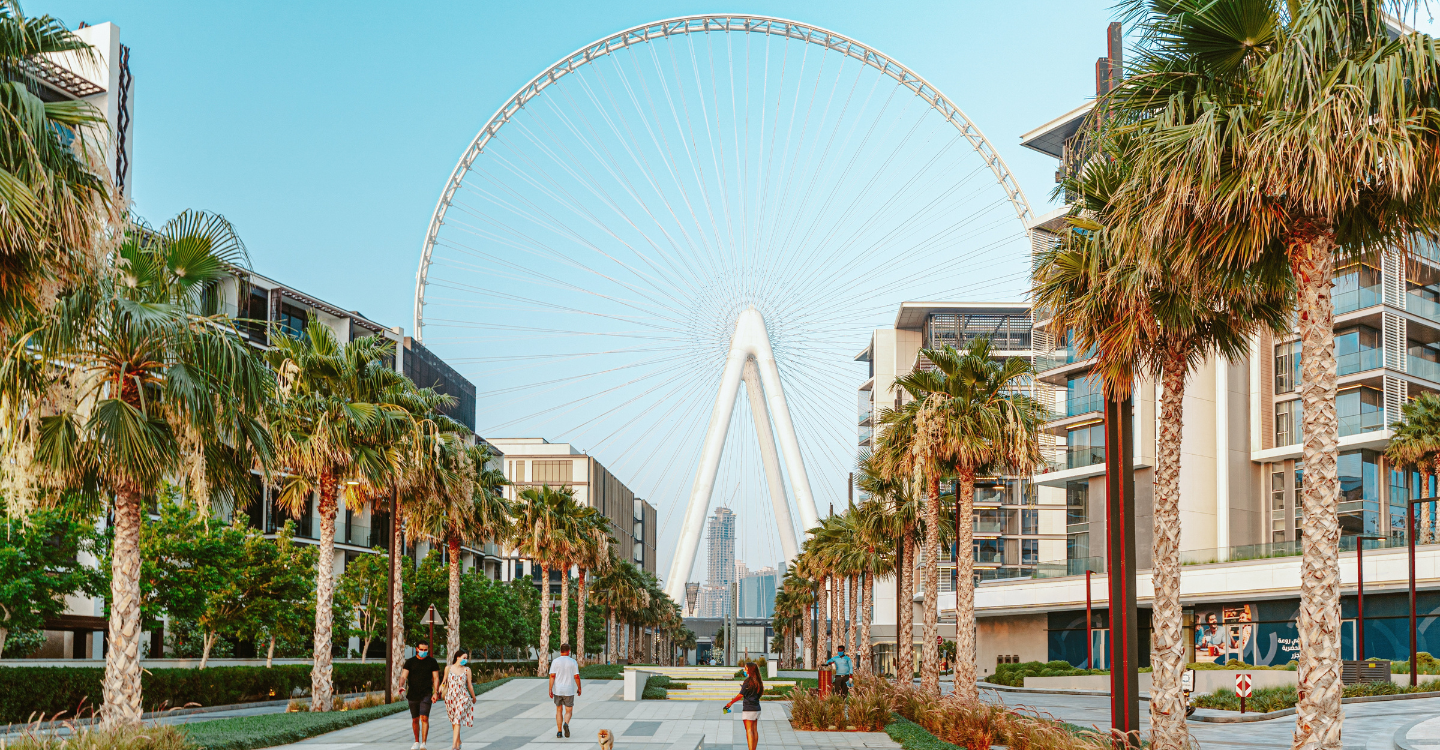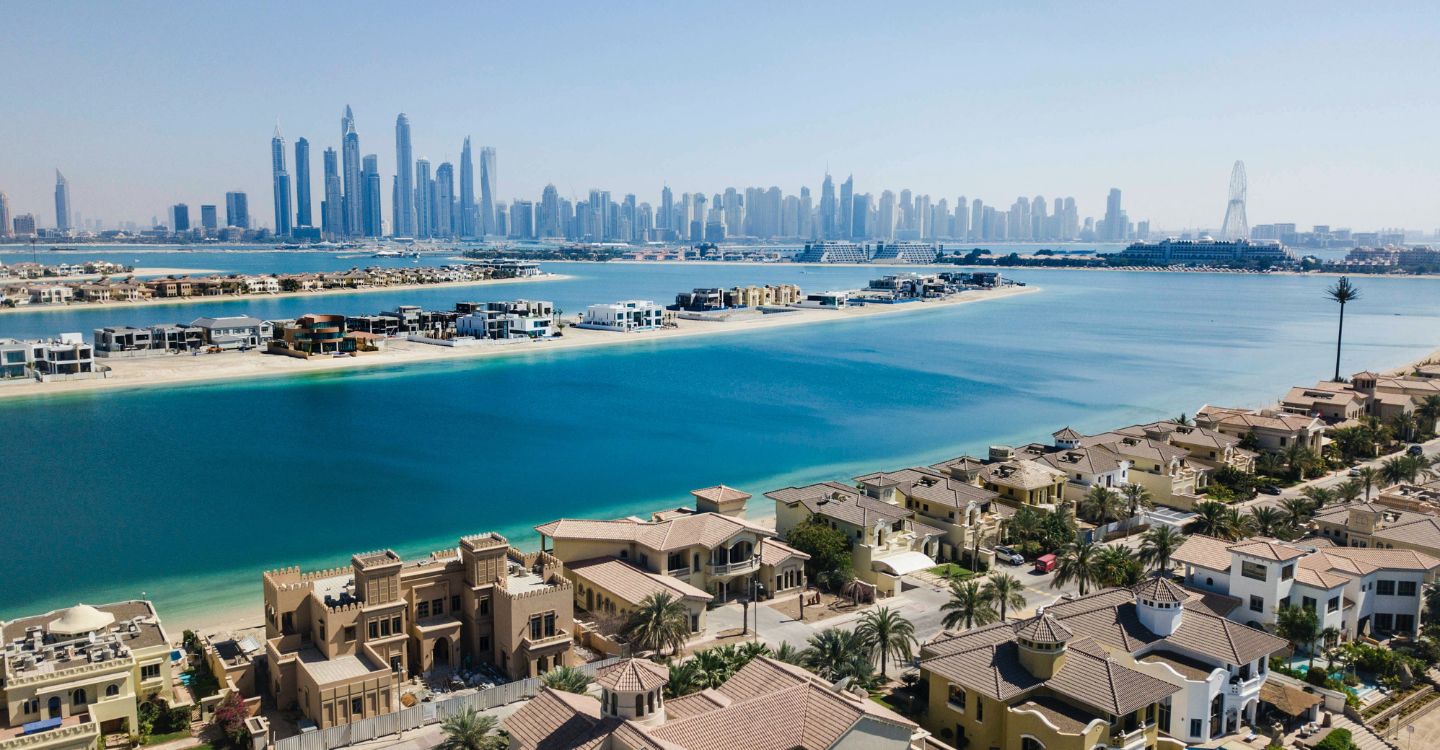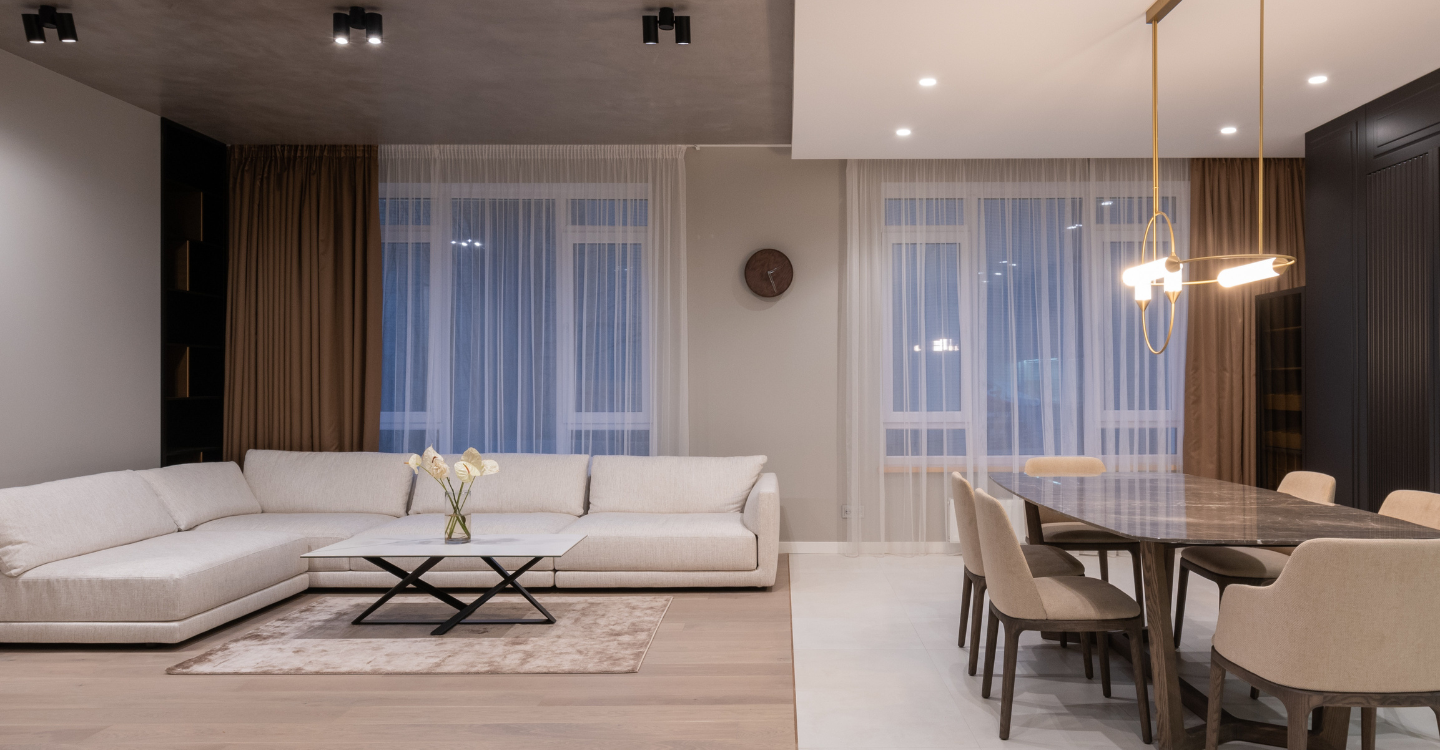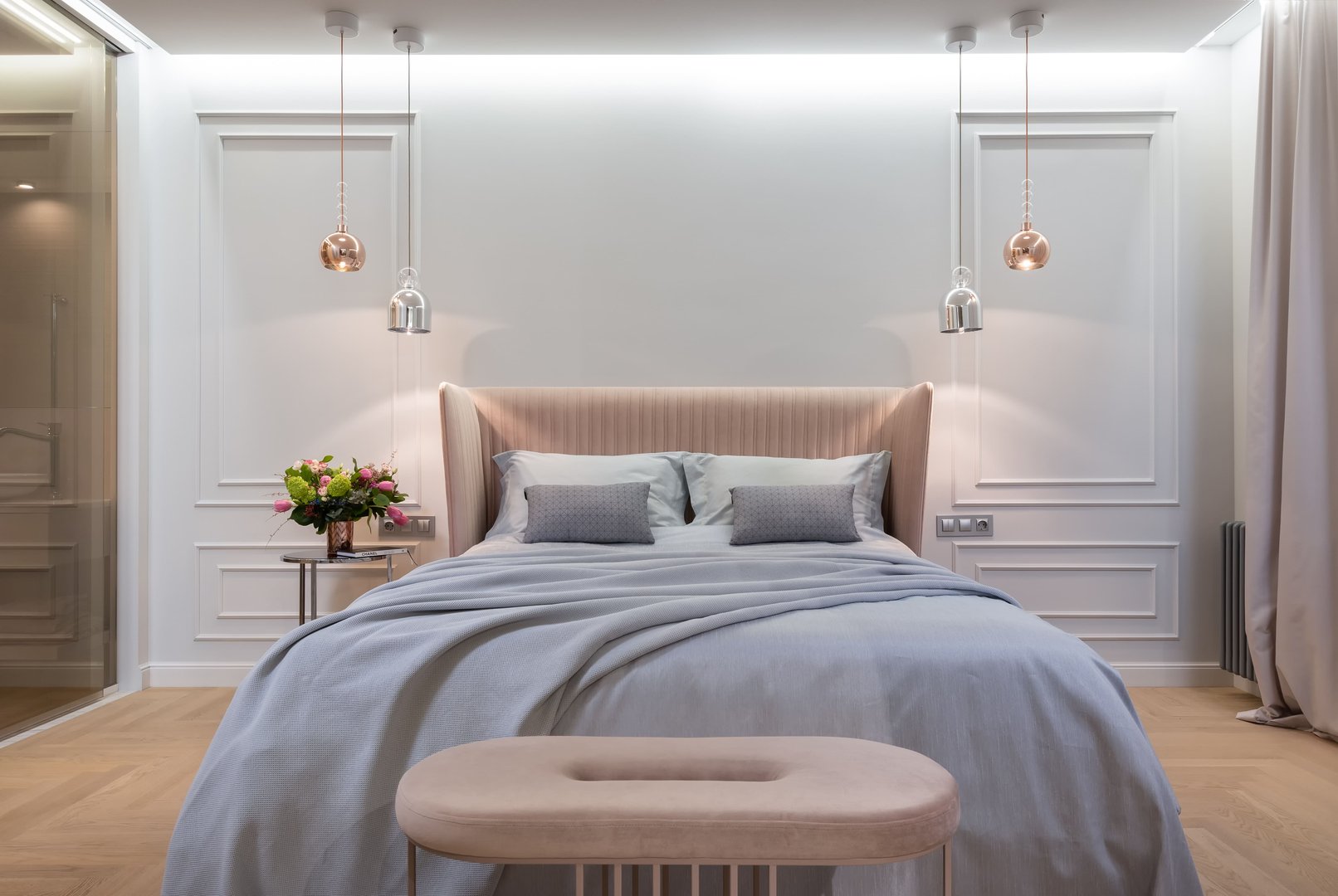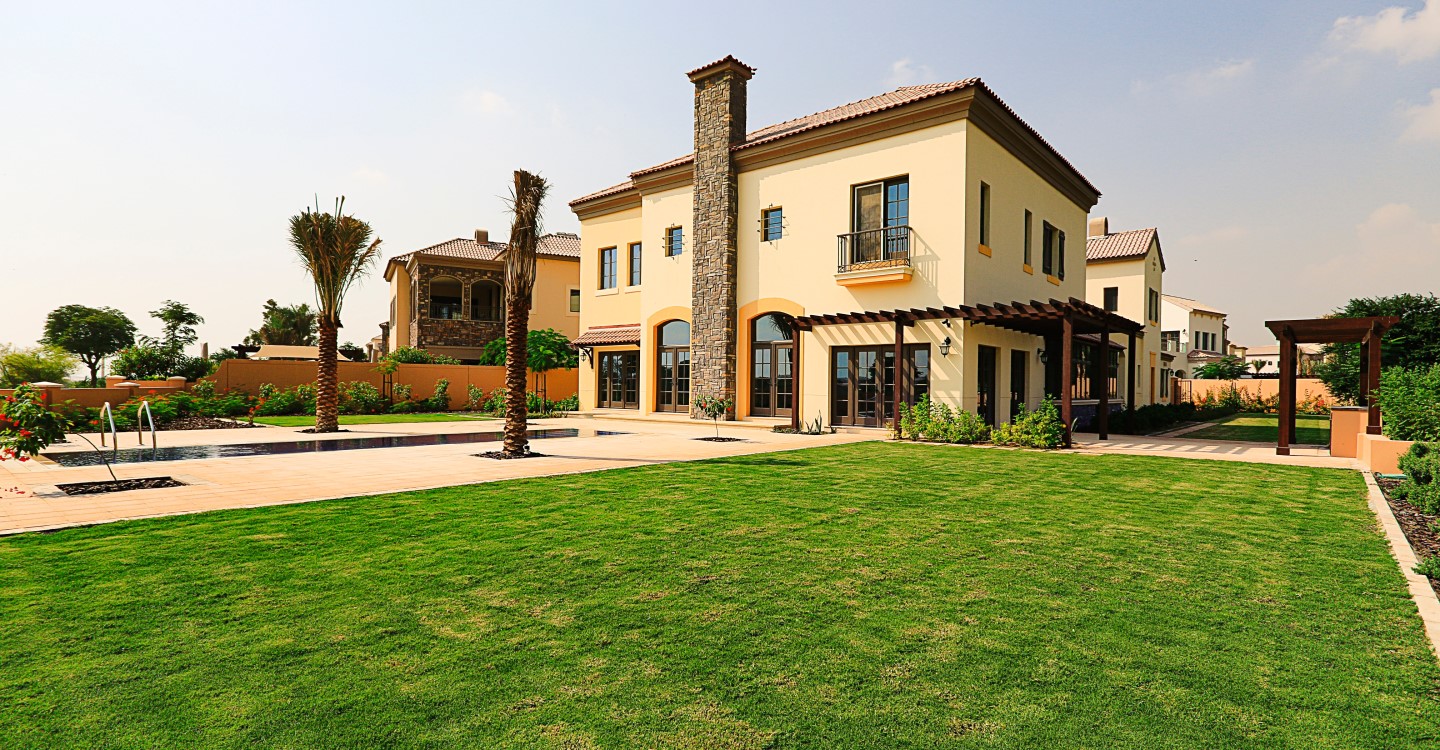Dubai’s real estate market is renowned for its diversity and innovation, offering a wide range of property options for investors and homeowners. While freehold and leasehold properties are commonly discussed, there is another type of property ownership that’s gaining increasing attention in the emirate: commonhold properties. Commonhold ownership has become a popular option for those seeking a more flexible and community-oriented approach to property investment.
In this article, we will provide an in-depth explanation of what commonhold property is, how it works, its legal framework, and why it can be an attractive option for property buyers in Dubai. We'll also explore how it differs from other forms of property ownership and the benefits and challenges it presents.
Understanding Commonhold Property
Commonhold property refers to a form of property ownership where individual owners hold the freehold of their specific unit—such as an apartment or villa—while jointly owning the shared areas and facilities of the development, such as hallways, elevators, parking spaces, and recreational amenities. This concept is widely used in many parts of the world and was introduced to Dubai’s real estate market to provide a more structured approach to managing shared properties, particularly in residential buildings and gated communities.
In a commonhold system, the building or development is divided into individual units, each of which can be sold or mortgaged separately, while the common areas are maintained and managed collectively by all unit owners. Ownership of these common areas is vested in a homeowners’ association (HOA) made up of all the unit owners, who are responsible for the upkeep, maintenance, and management of the shared facilities.
Legal Framework for Commonhold Properties in Dubai
Commonhold property ownership in Dubai is governed by Law No. 27 of 2007, also known as the “Strata Law,” which was implemented to regulate joint property ownership in multi-unit developments. This law established a clear legal framework for commonhold ownership, outlining the rights and responsibilities of individual unit owners and the homeowners’ association.
Under this law, developers are required to register the property with the Dubai Land Department (DLD) and set up a joint ownership scheme, which includes a homeowners’ association to manage the property. The law also mandates the creation of a service charge fund, which is collected from unit owners to cover the costs of maintaining and managing the common areas.
The Strata Law aims to ensure that the interests of individual property owners are protected while providing a fair and transparent system for managing common areas. It also empowers the homeowners’ association to enforce rules and regulations, resolve disputes, and make decisions on behalf of the collective owners.
How Does Commonhold Ownership Work?
In a commonhold property, ownership is divided into two parts: the individual unit (freehold) and the shared or common areas (jointly owned).
Here’s a closer look at how it works:
1. Individual Unit Ownership
Each property owner in a commonhold development holds the freehold title to their specific unit. This means they have full ownership of their apartment, villa, or townhouse and can sell, lease, or mortgage it as they see fit. This level of ownership is similar to that found in traditional freehold properties.
2. Shared Ownership of Common Areas
While individual unit owners have complete control over their own property, they also share ownership and responsibility for the common areas of the development. These areas typically include shared spaces like lobbies, corridors, stairwells, parking garages, gardens, swimming pools, gyms, and other amenities.
The shared ownership of these areas is managed through a homeowners’ association, which is composed of all the unit owners in the development. Each owner has a say in how the common areas are maintained and managed, usually in proportion to the size or value of their unit.
3. Homeowners’ Association (HOA)
The HOA plays a crucial role in the operation of commonhold properties. It is responsible for managing and maintaining the shared facilities, collecting service charges from unit owners, and making decisions about repairs, upgrades, and other communal expenses. The HOA operates democratically, with decisions often made by a vote of the members. Each owner’s voting power is typically based on the size of their property.
The homeowners’ association also ensures that the rules and regulations governing the use of common areas are followed. This may include guidelines on noise levels, property modifications, or the use of communal amenities. The HOA can also mediate disputes between unit owners and resolve issues related to property management.
Benefits of Commonhold Property Ownership
Commonhold properties offer several advantages for both investors and end-users, making them an appealing option in Dubai’s real estate market:
1. Full Ownership with Flexibility
Commonhold ownership allows individuals to own their unit outright while still benefiting from shared amenities. This provides the flexibility of freehold ownership with the added convenience of access to facilities that would otherwise be expensive to maintain individually, such as gyms, pools, and landscaped gardens.
2. Transparent Management of Common Areas
One of the primary benefits of commonhold property is the transparency and accountability in managing common areas. The homeowners’ association, which is made up of the unit owners, oversees the maintenance and management of shared spaces, ensuring that all decisions are made collectively and in the best interest of the community.
3. Predictable Maintenance Costs
With the introduction of service charges, owners have a clear understanding of the costs involved in maintaining the property. Service charges are typically based on the size or value of the unit and are collected to cover the upkeep of common areas, repairs, and other communal expenses. This system provides owners with predictable and manageable costs.
4. Community Involvement
Living in a commonhold property fosters a sense of community and cooperation among owners. Since all unit owners have a vested interest in the maintenance and well-being of the property, there is a collective effort to maintain the quality of the shared spaces and facilities. This can lead to stronger community ties and a more harmonious living environment.
5. Enhanced Value of Property
Well-maintained common areas and facilities can enhance the overall value of the development, benefiting all unit owners. Prospective buyers are often attracted to properties with high-quality amenities and well-kept common spaces, making commonhold properties an appealing option for both end-users and investors.
Challenges of Commonhold Ownership
While commonhold properties offer numerous benefits, there are also some challenges that potential buyers should be aware of:
1. Service Charges
One of the main challenges in commonhold ownership is the ongoing obligation to pay service charges. These fees can vary depending on the size of the property and the level of services provided in the development. In some cases, service charges can be high, especially in luxury developments with extensive facilities. It's important for buyers to understand the long-term costs associated with service charges before committing to a purchase.
2. Disputes Between Owners
Since commonhold ownership involves shared responsibility for common areas, disagreements between owners can sometimes arise. These disputes may involve the use of communal facilities, the allocation of service charges, or the enforcement of rules and regulations. While the homeowners’ association is tasked with resolving such disputes, conflicts can occasionally lead to tension within the community.
3. Homeowners’ Association Management
The effectiveness of a commonhold property largely depends on the homeowners’ association’s ability to manage the property efficiently. Poor management can lead to deteriorating facilities, increased service charges, and a decline in property values. It's essential for unit owners to actively participate in the HOA to ensure that the property is well-maintained and decisions are made in the best interest of all owners.
Commonhold vs. Freehold vs. Leasehold
Understanding the key differences between commonhold, freehold, and leasehold properties is essential when making an informed investment decision:
• Freehold Properties: In Dubai, freehold properties offer full ownership of both the unit and the land it stands on. Owners have complete control over the property and can sell or lease it without restrictions. Freehold properties are available to both local and international investors.
• Leasehold Properties: Leasehold properties are typically owned on a long-term lease, often for periods of 99 years. Ownership of the property reverts to the landowner at the end of the lease period. Leasehold properties are common in certain parts of Dubai, and buyers should be aware of the lease duration and terms before making a purchase.
• Commonhold Properties: Commonhold properties offer freehold ownership of the unit with shared ownership of common areas. The management of these common areas is handled by a homeowners’ association, and owners are responsible for service charges to cover the maintenance and upkeep of shared spaces.
Final Thoughts
Commonhold property ownership in Dubai presents a unique blend of individual freedom and shared responsibility. For those looking for flexibility, transparency, and community involvement, commonhold properties offer an attractive option in Dubai’s ever-expanding real estate market. However, it’s important to consider the ongoing costs of service charges and the potential for disputes when investing in a commonhold property.
By understanding the benefits, challenges, and legal framework surrounding commonhold ownership, investors and homebuyers can make informed decisions that align with their financial goals and lifestyle preferences. As Dubai continues to grow, commonhold properties will likely play an increasingly important role in the city’s real estate landscape, offering a well-balanced approach to property ownership that combines individual rights with collective benefits.











